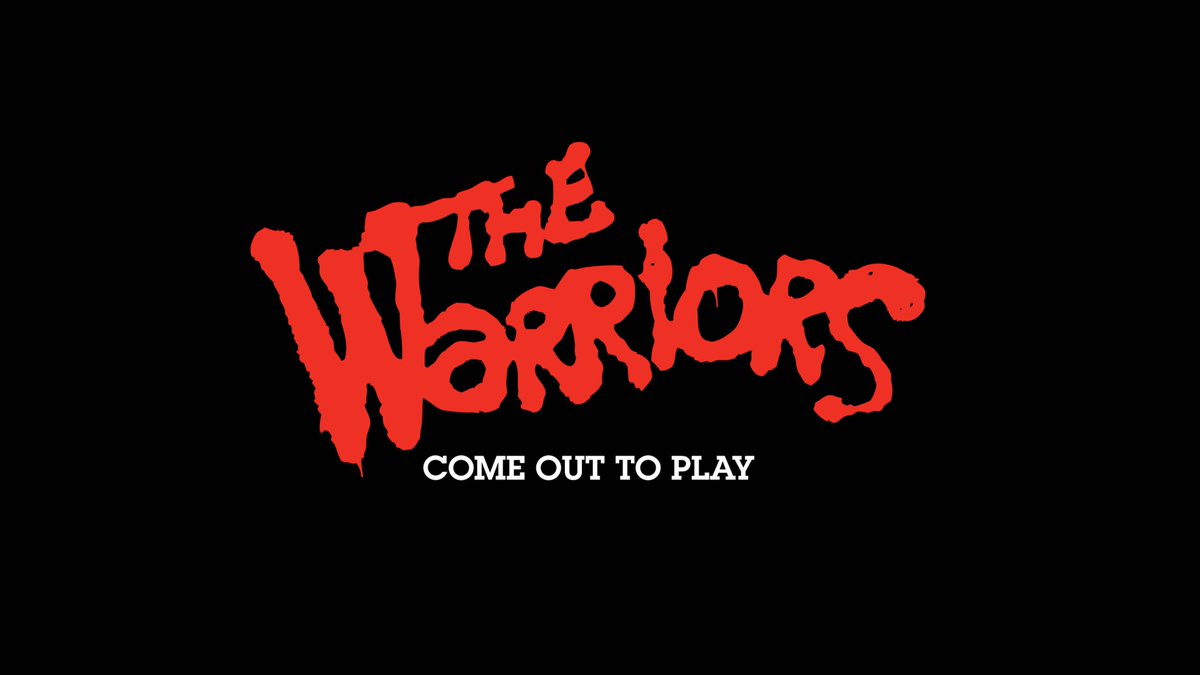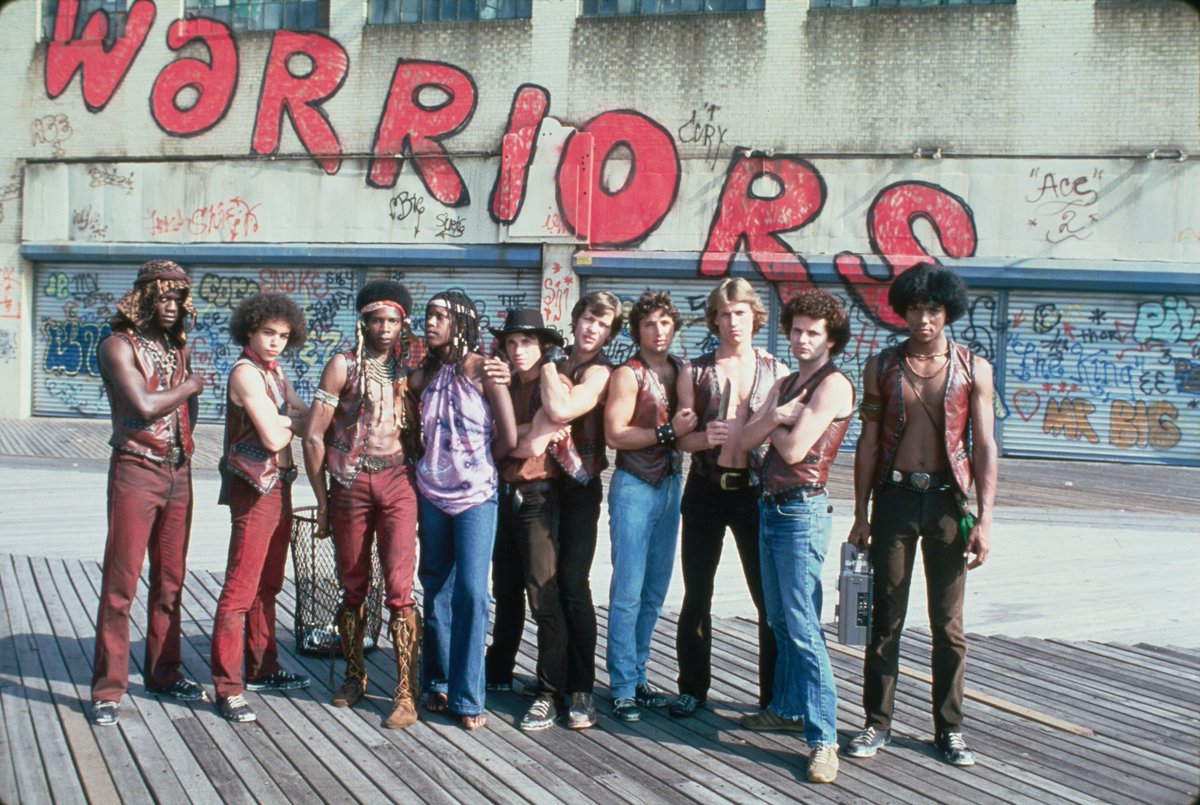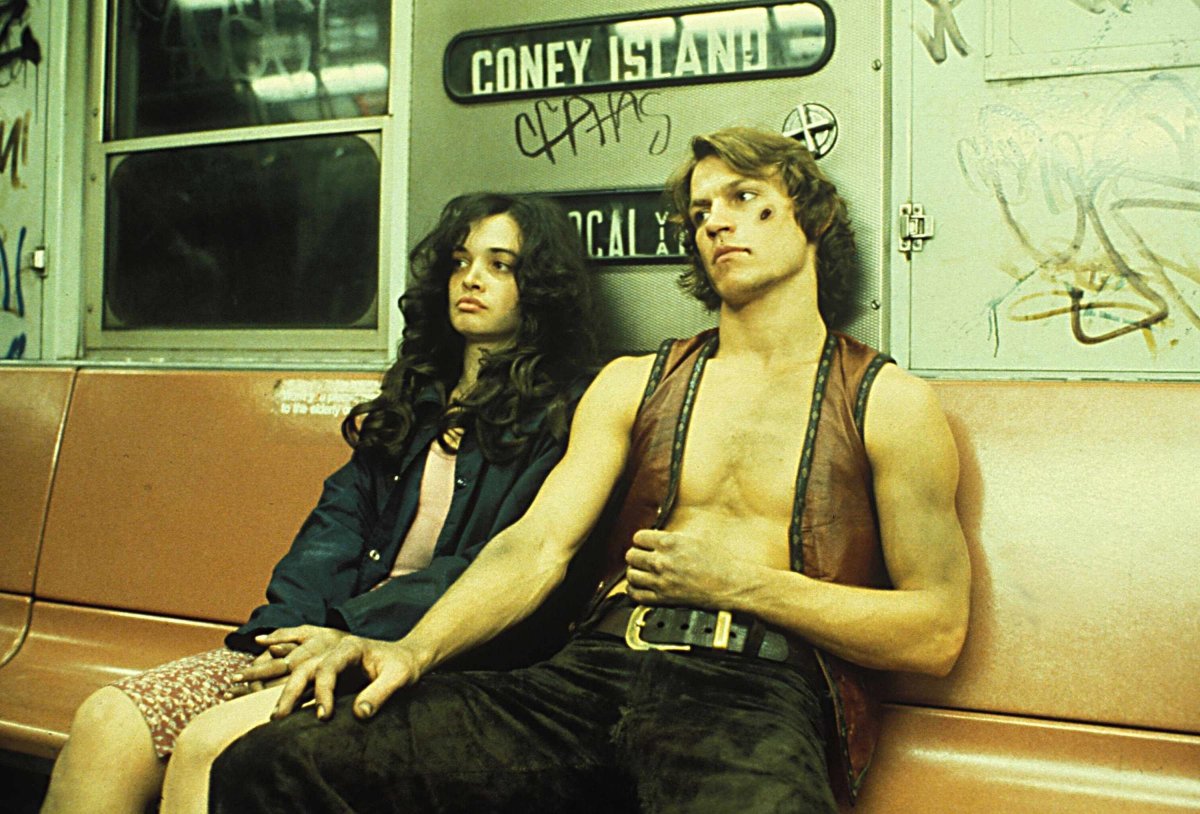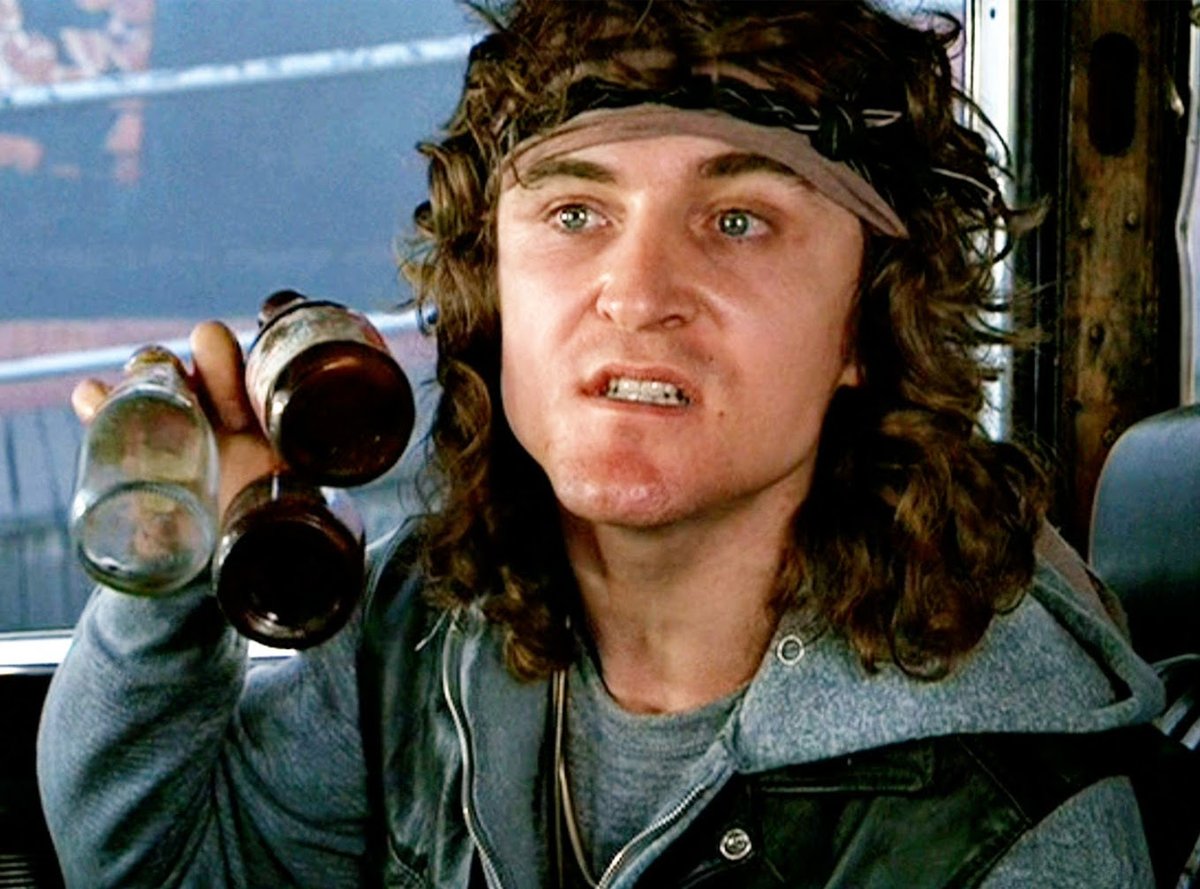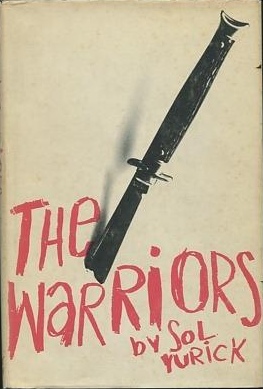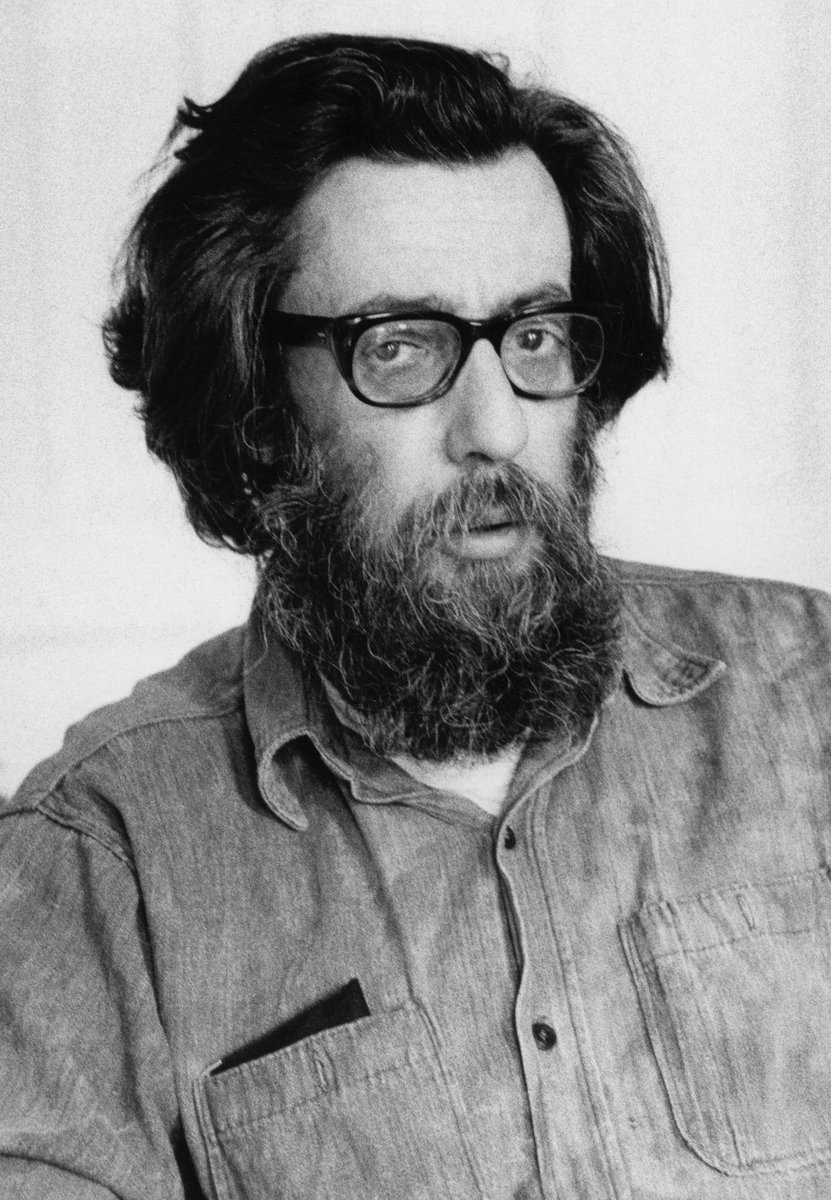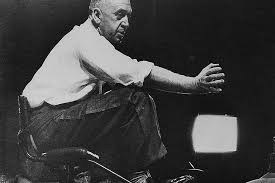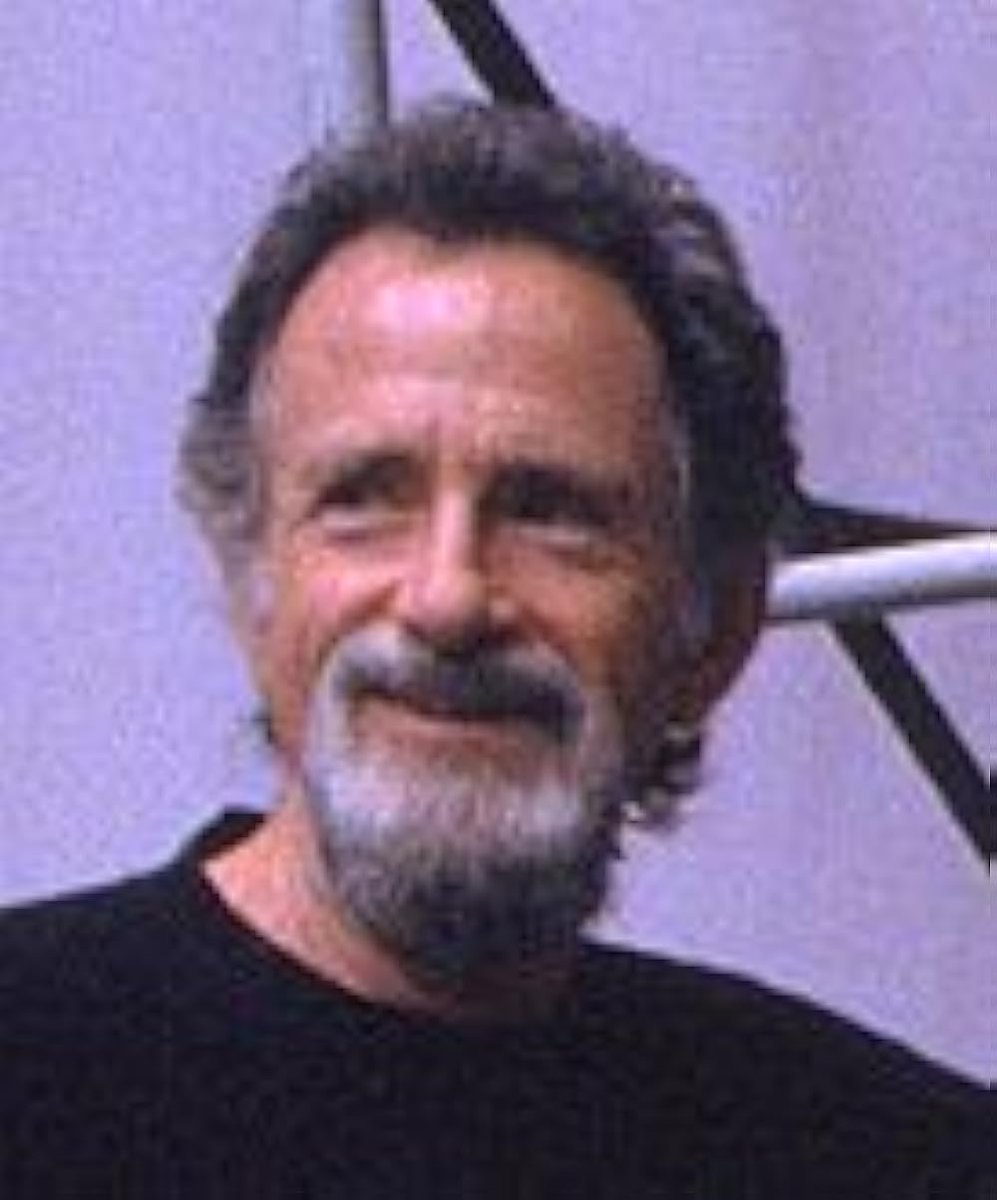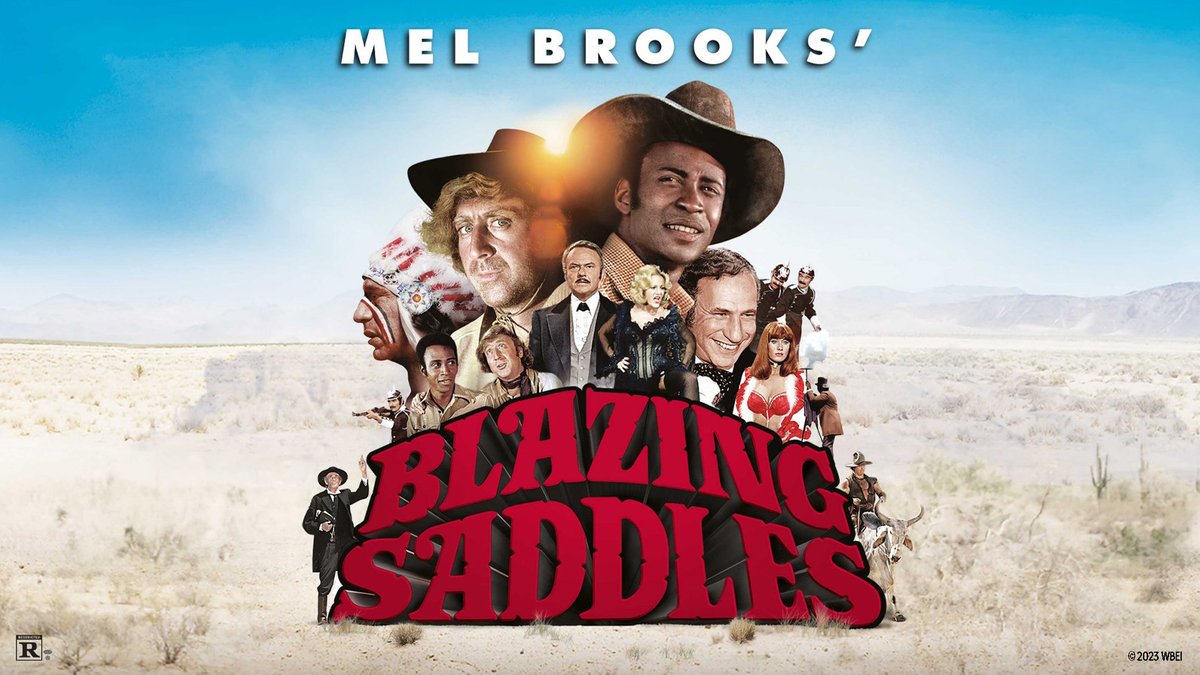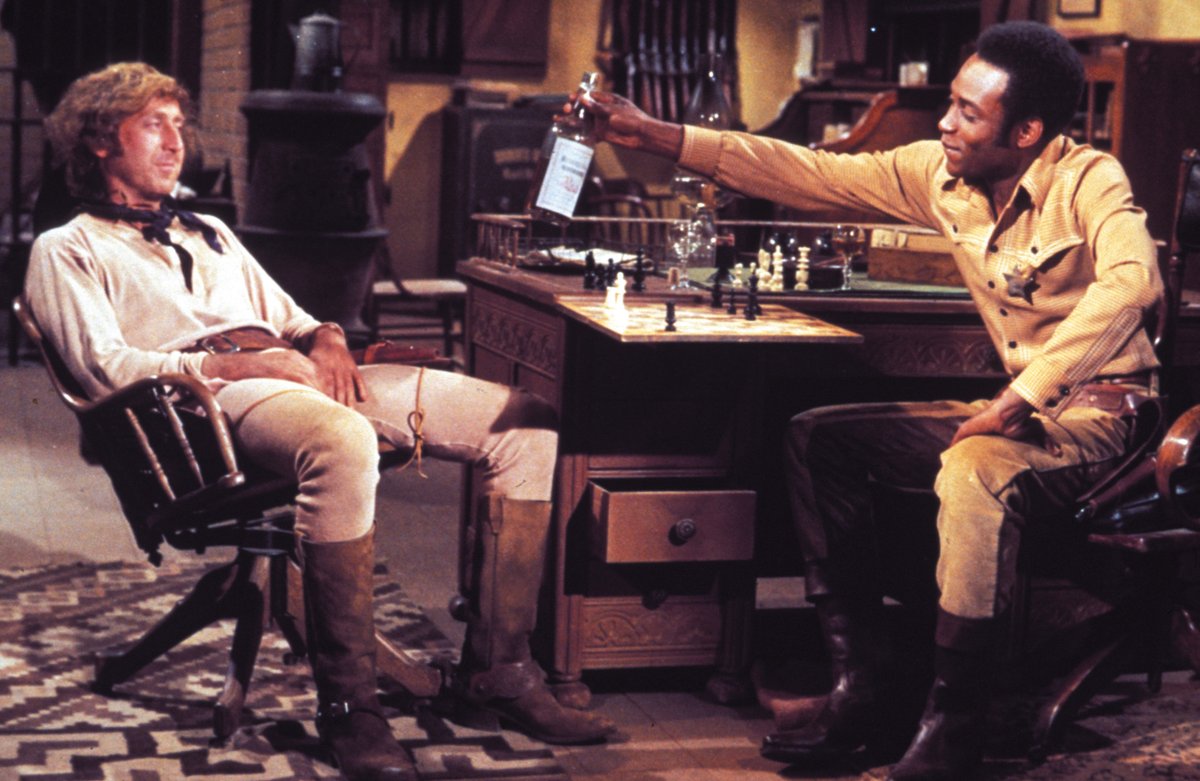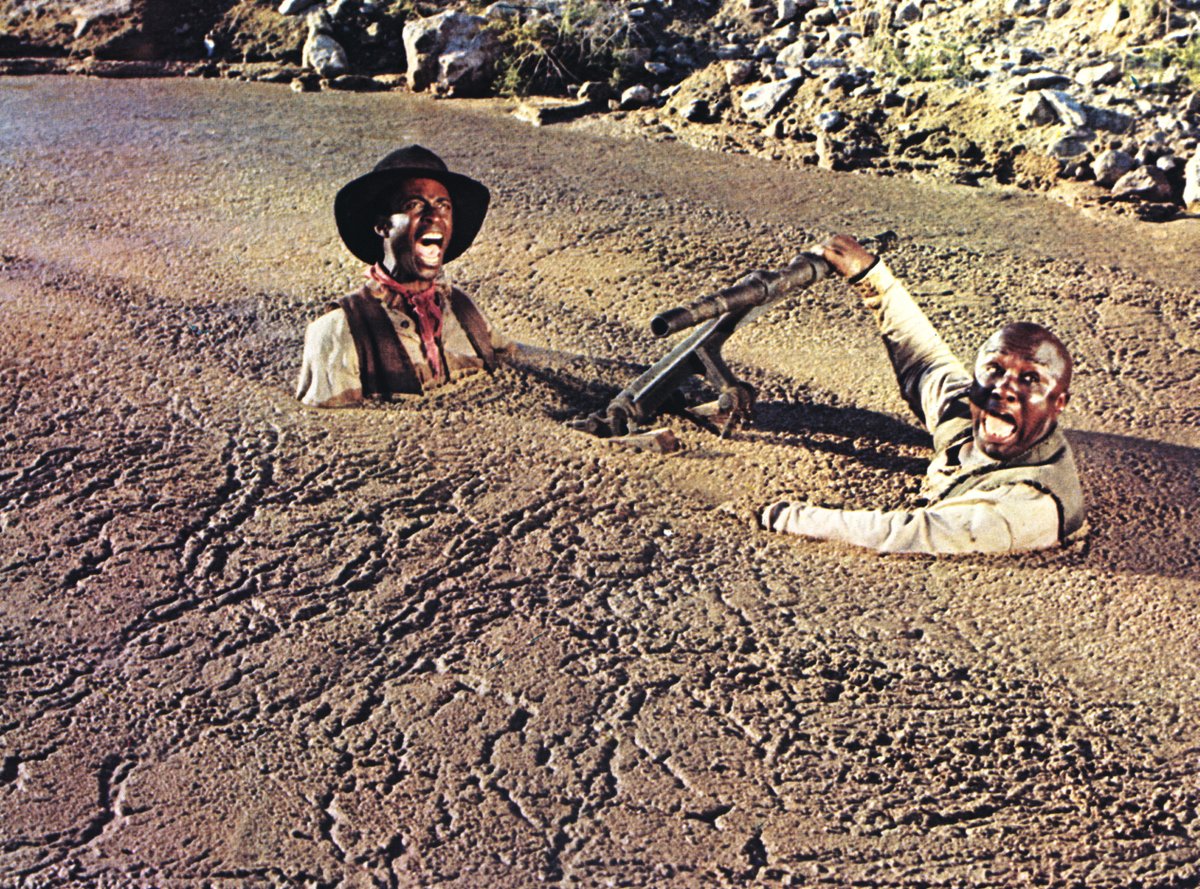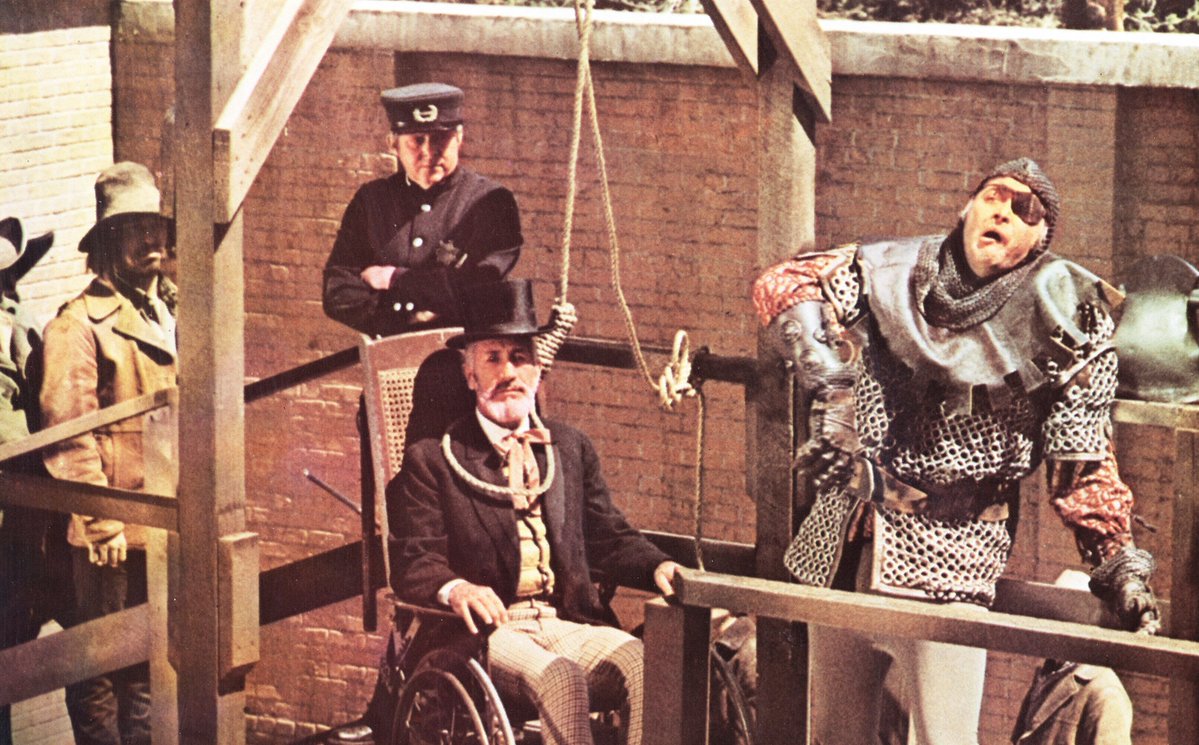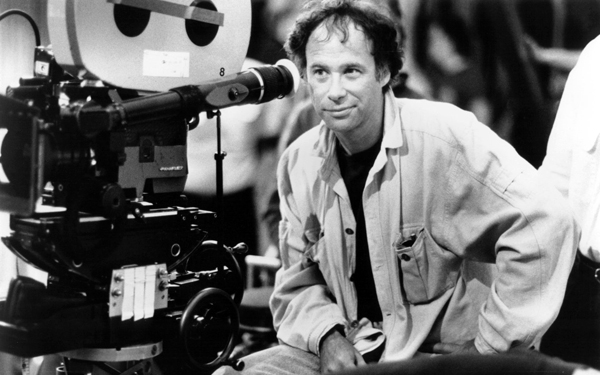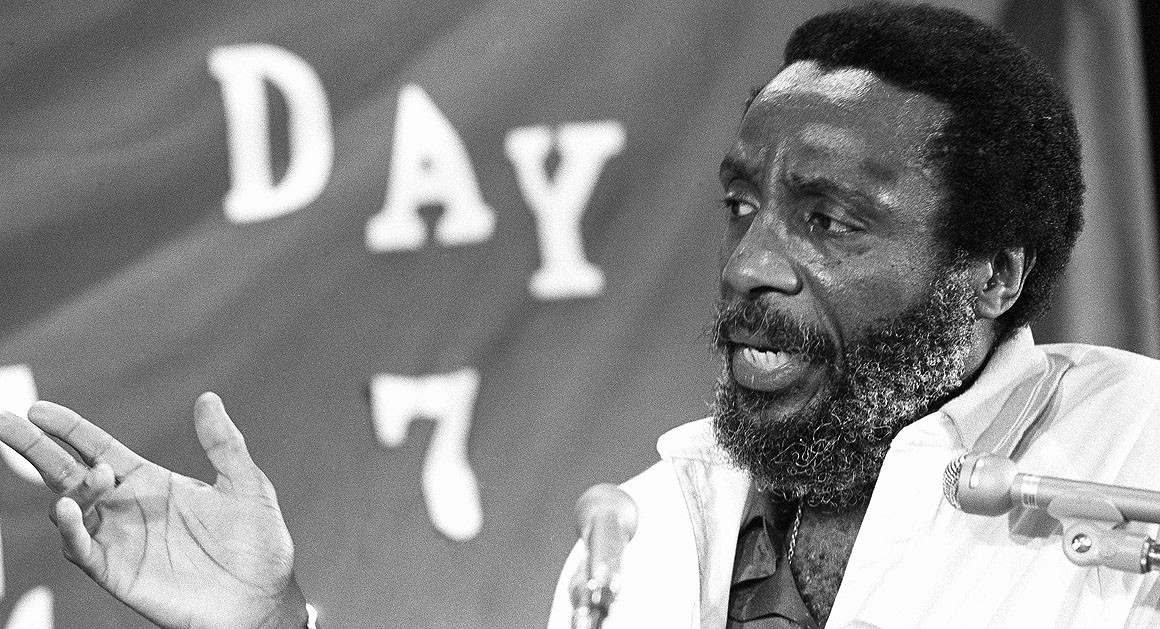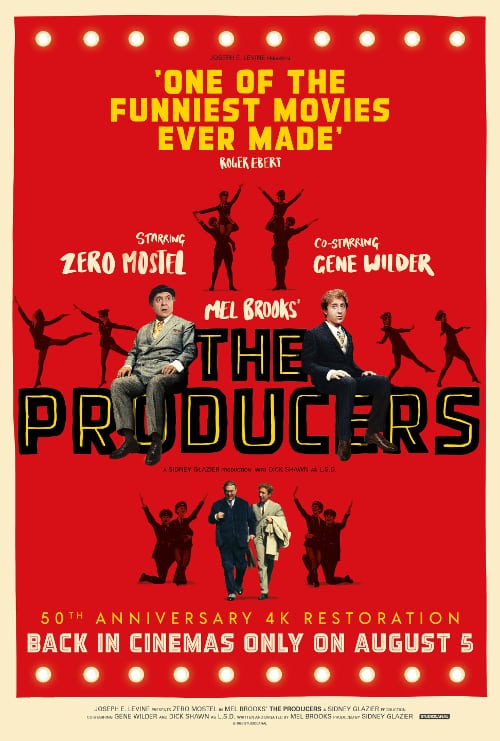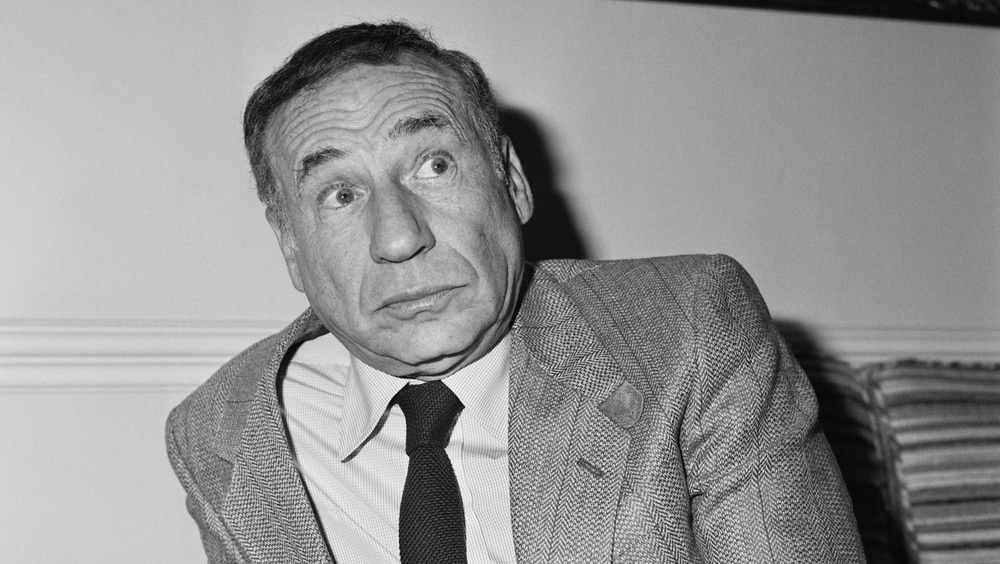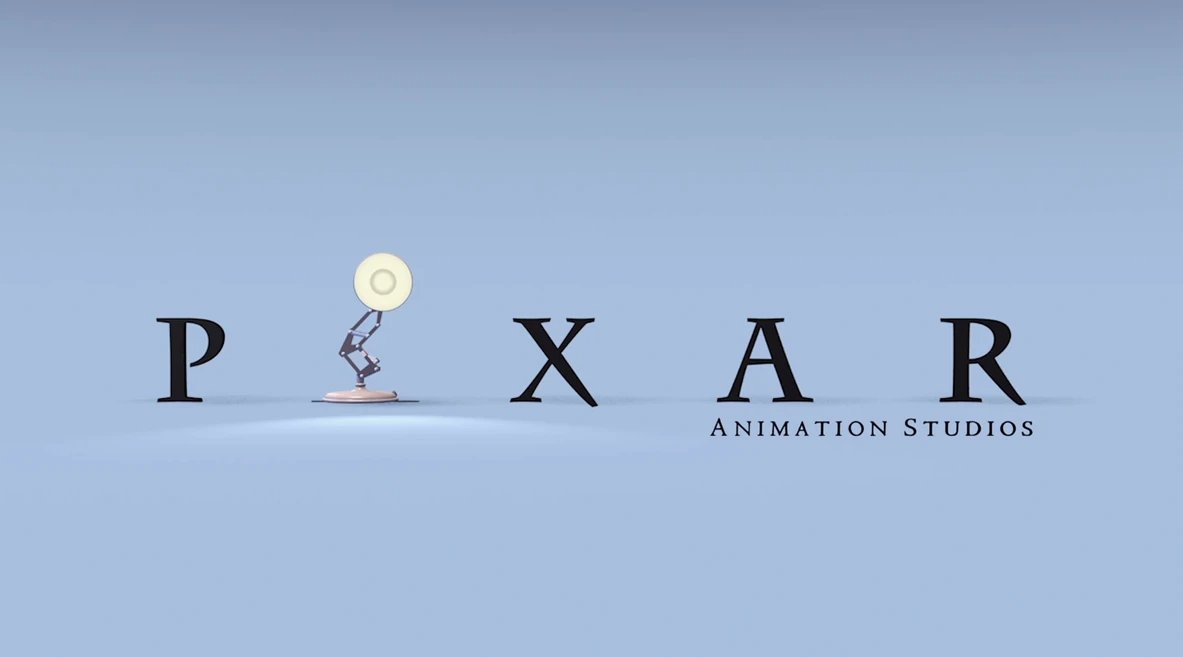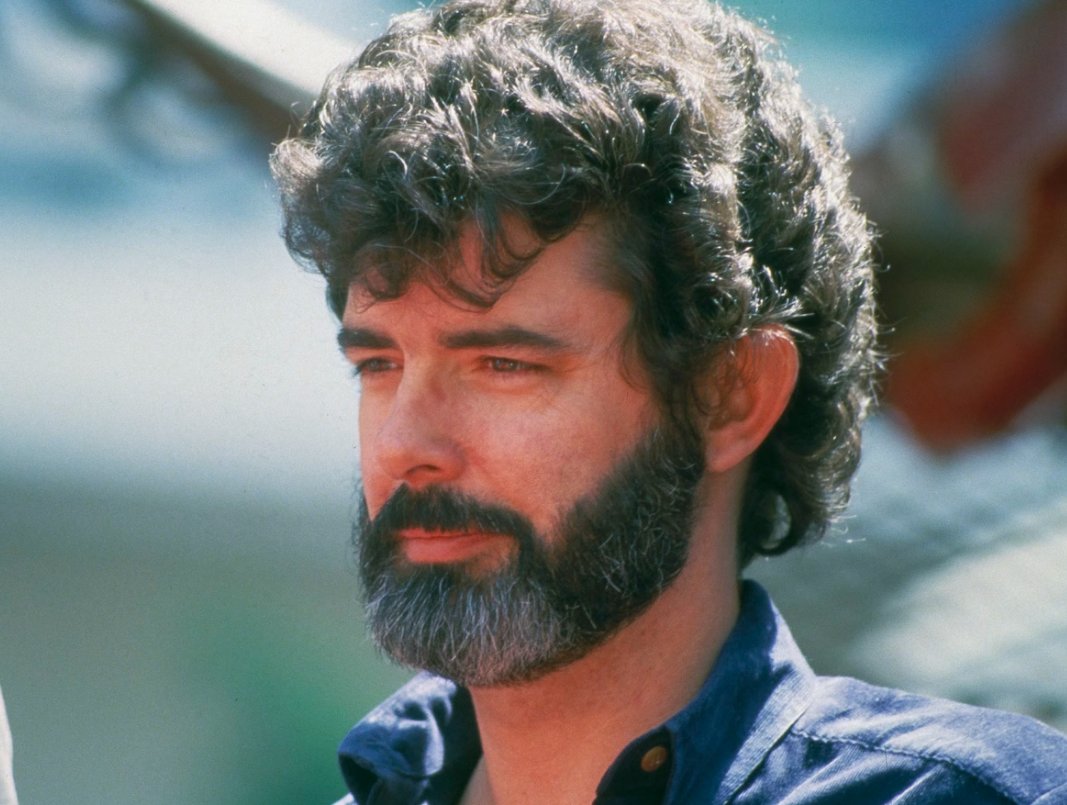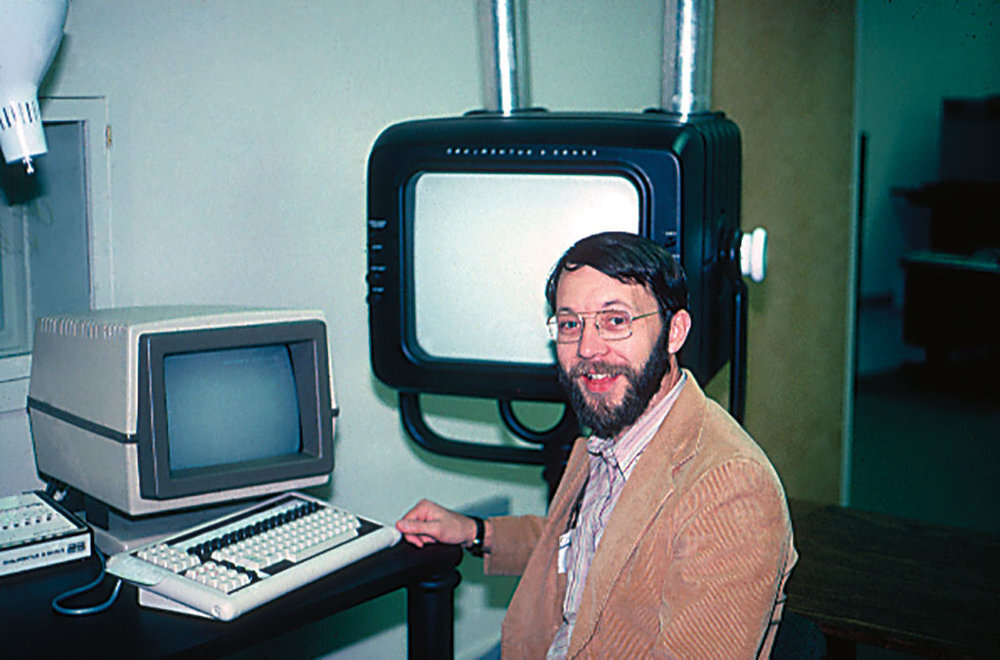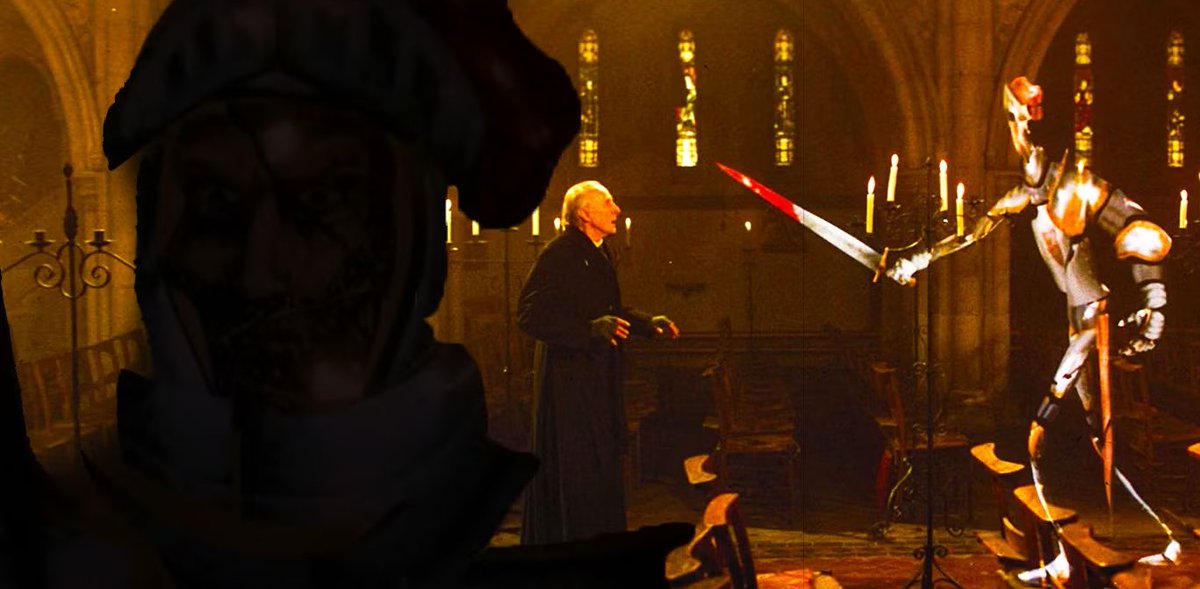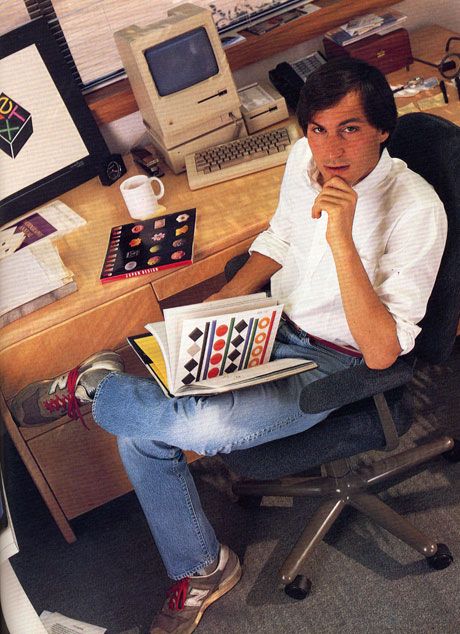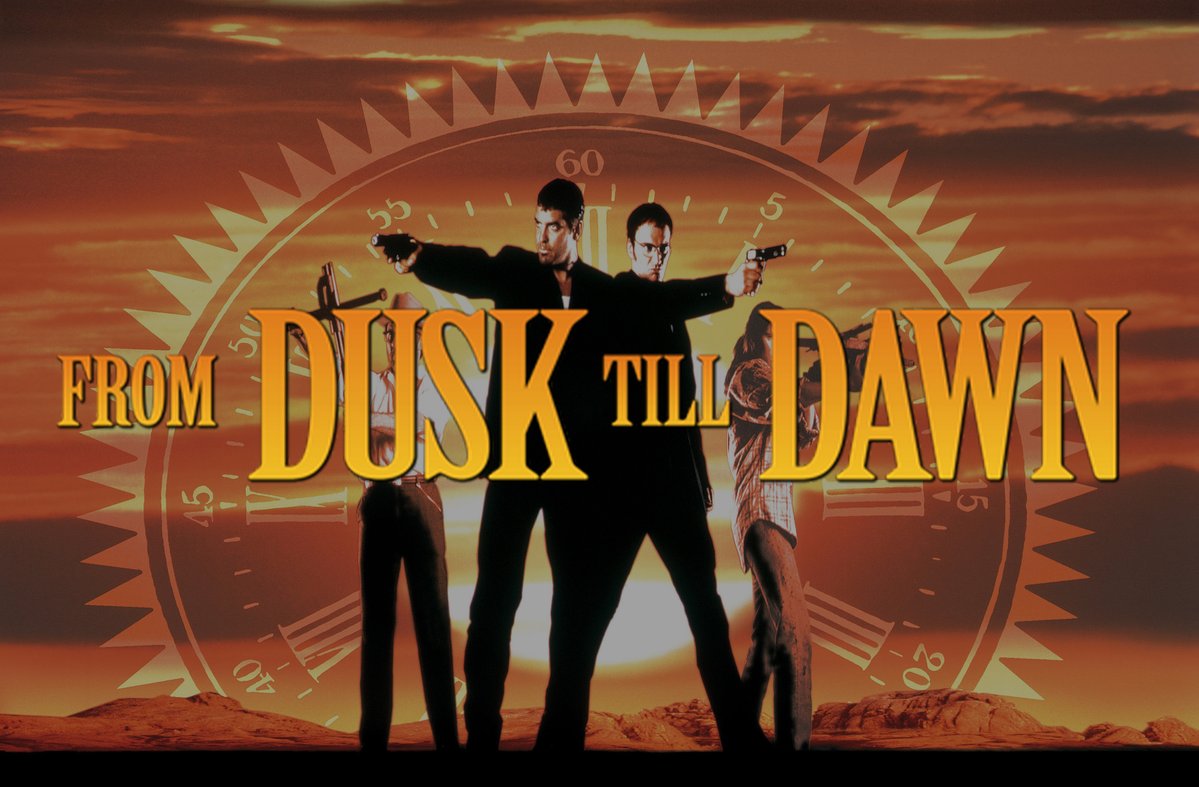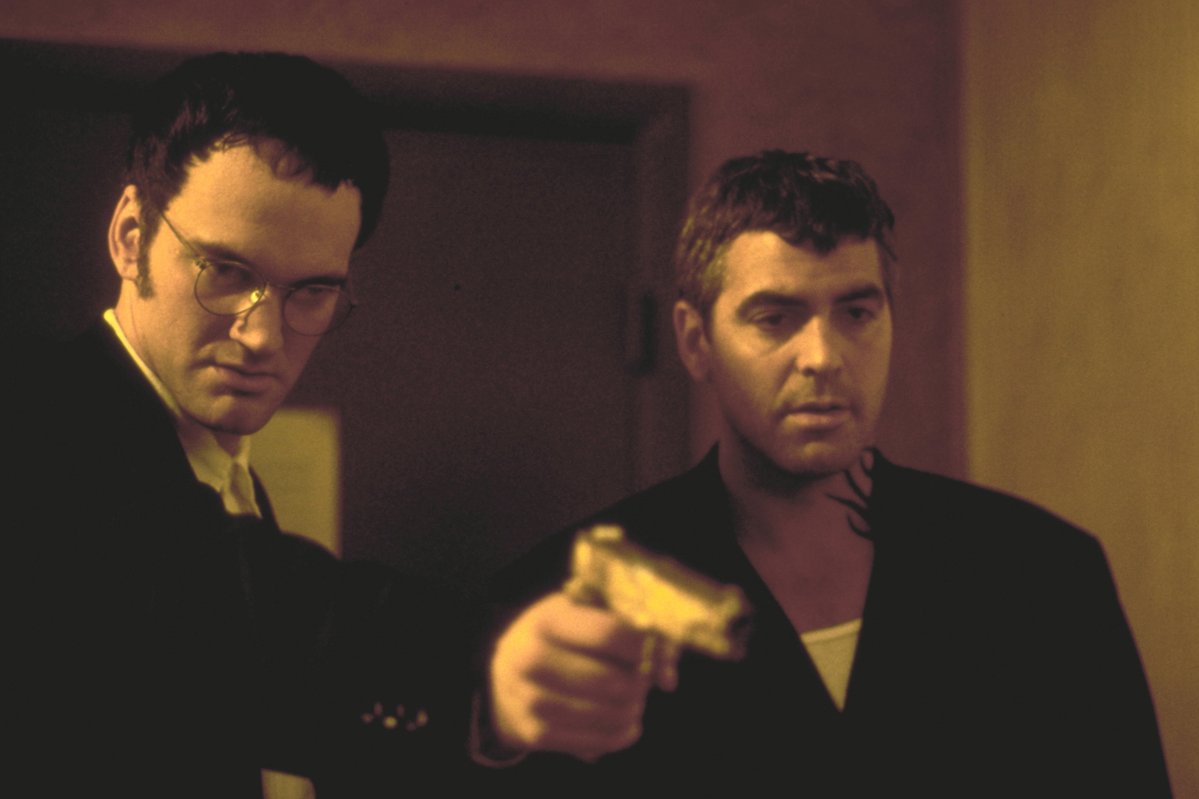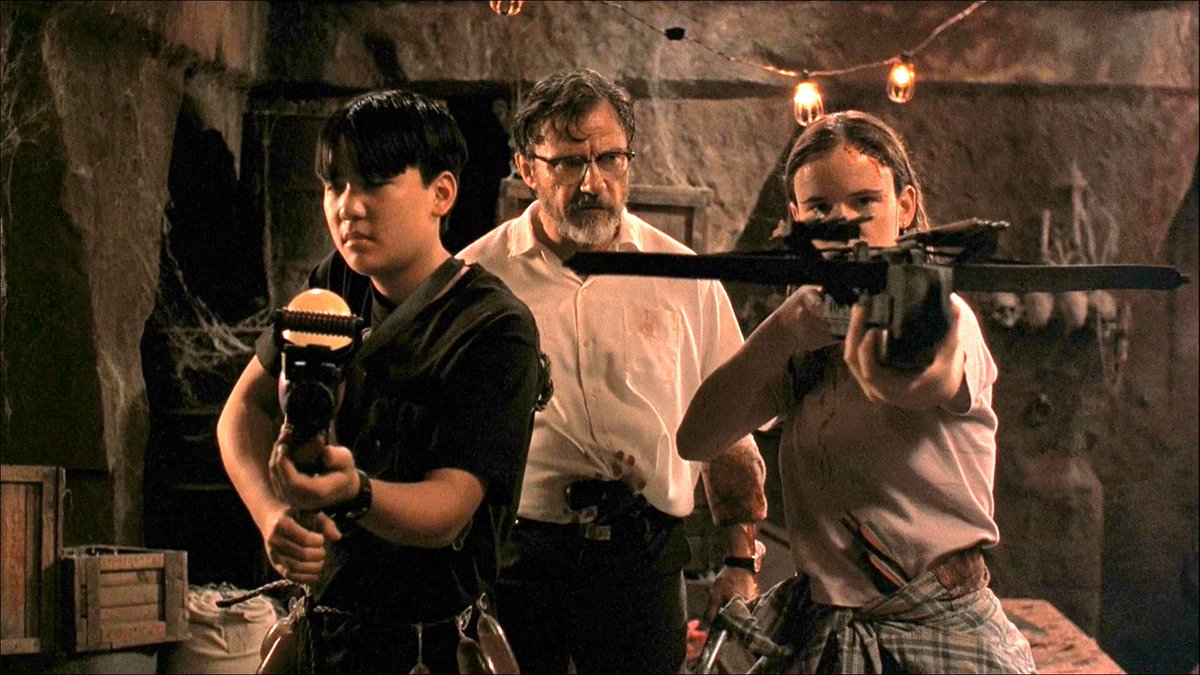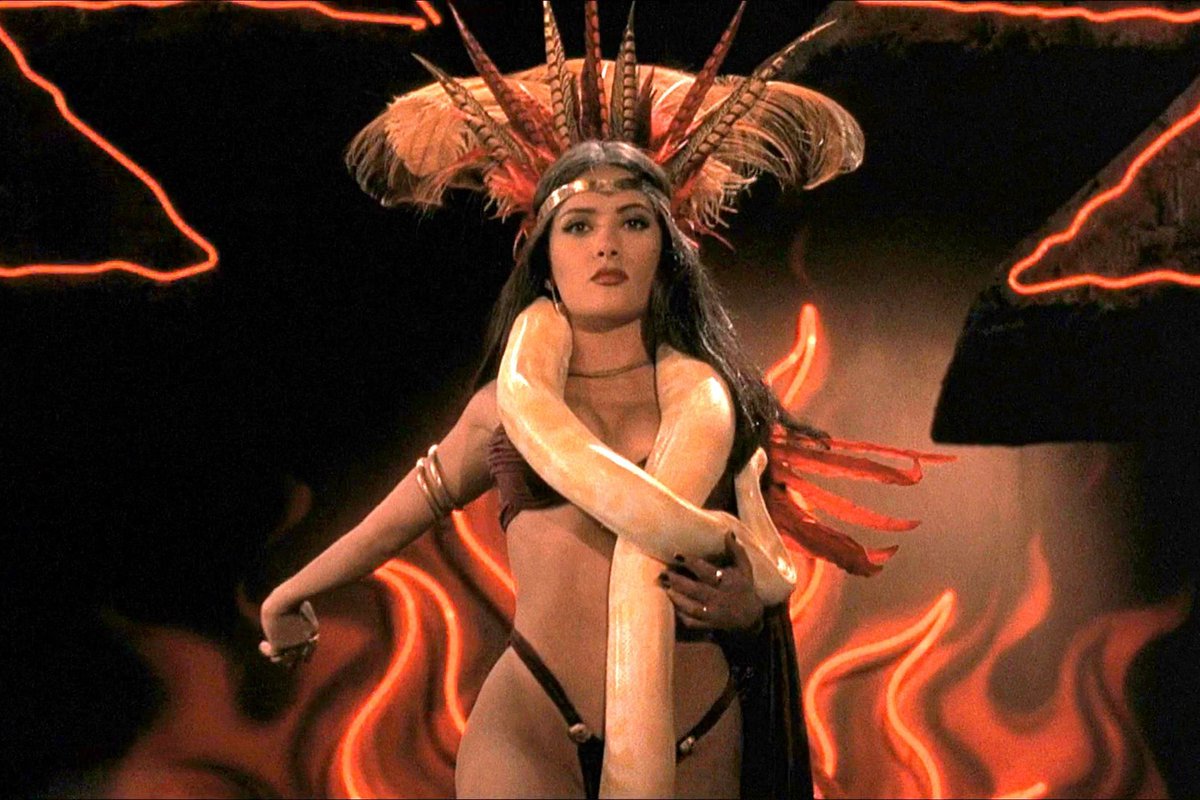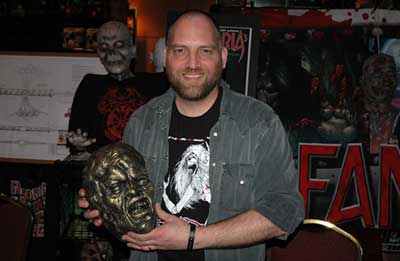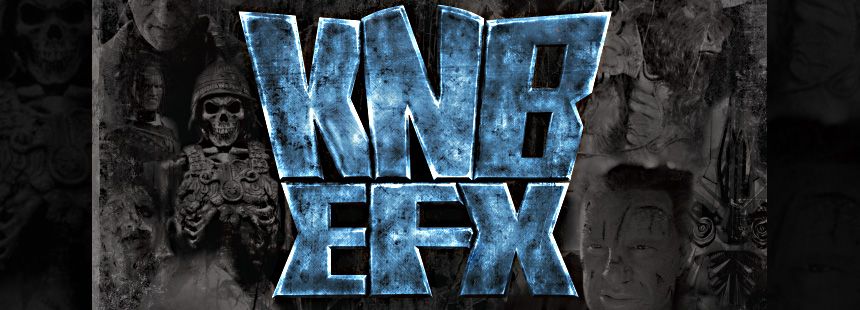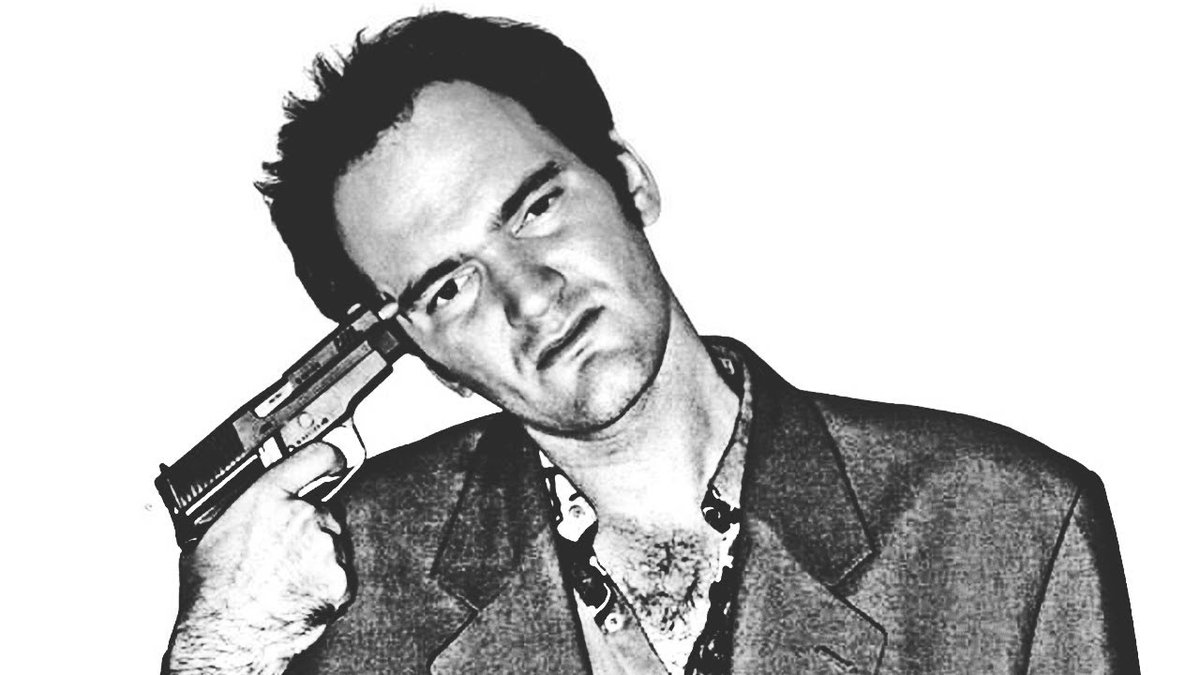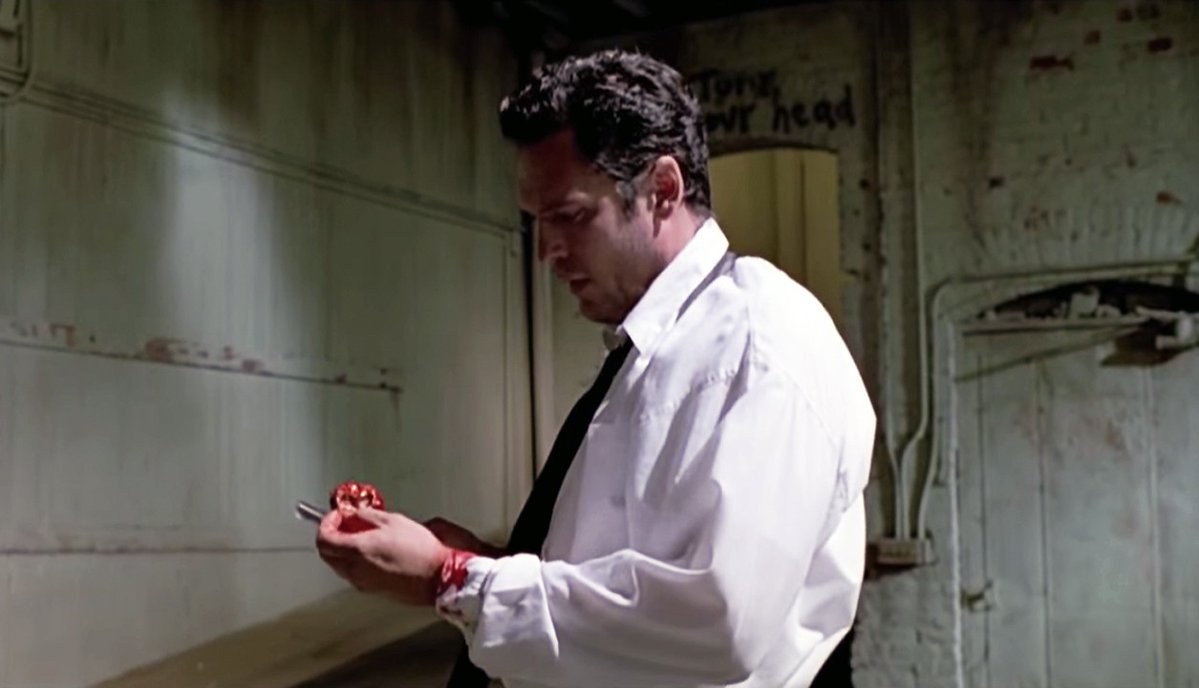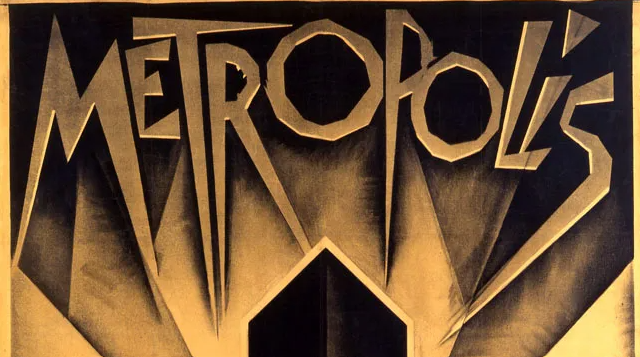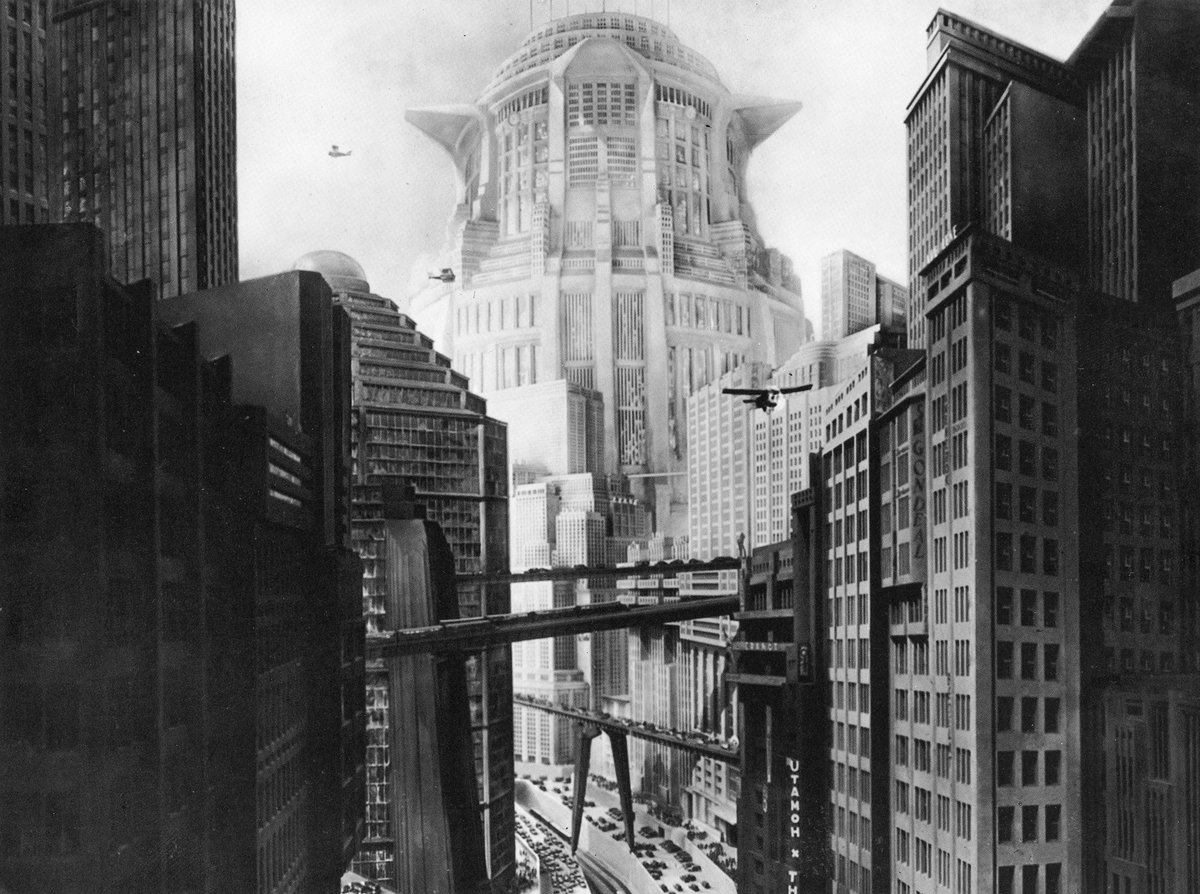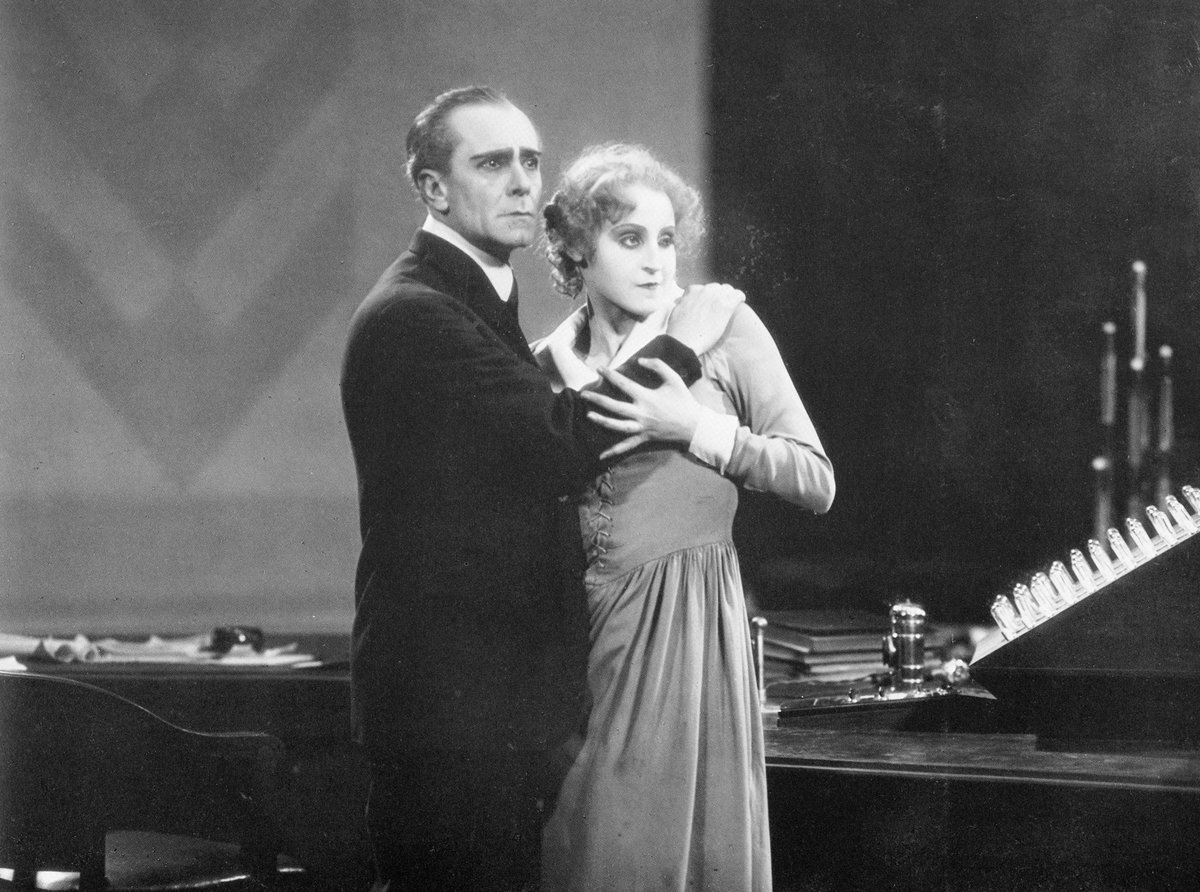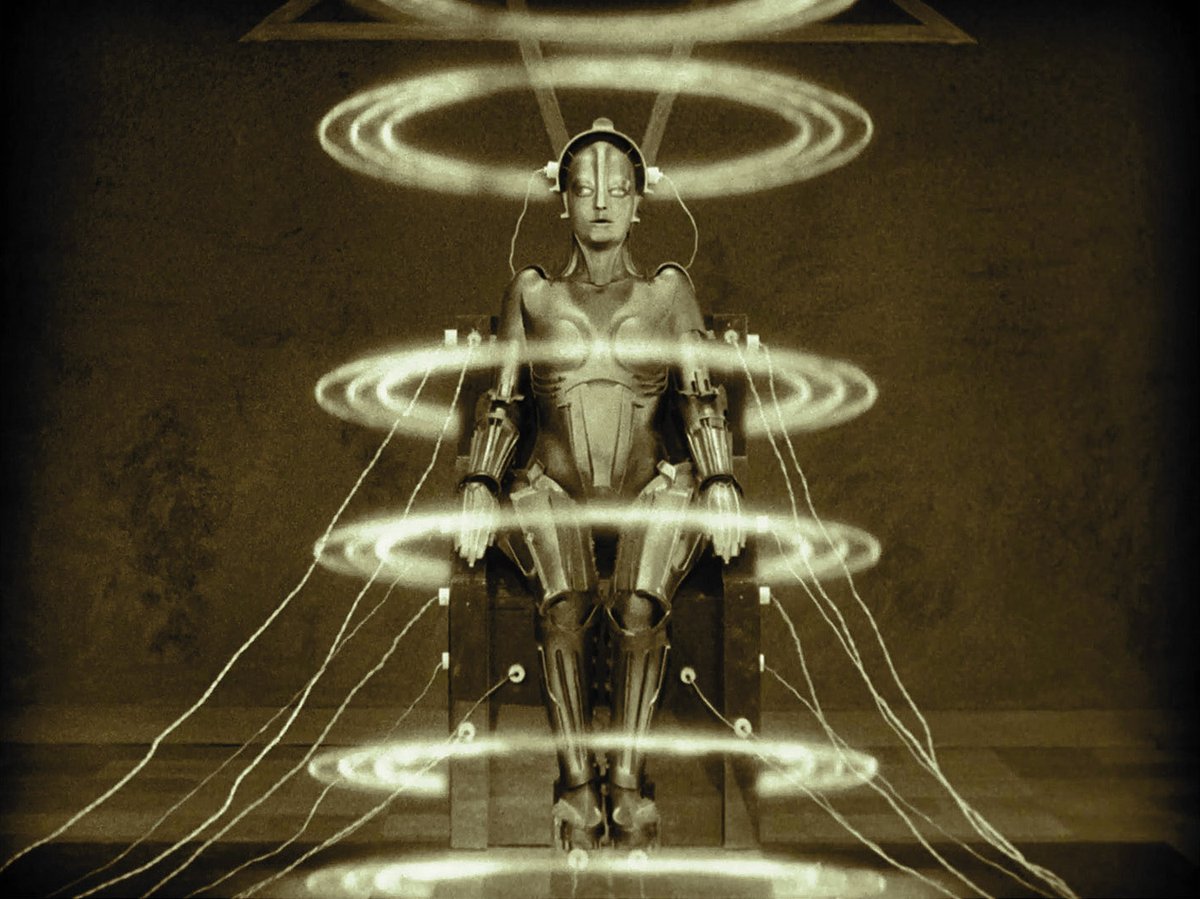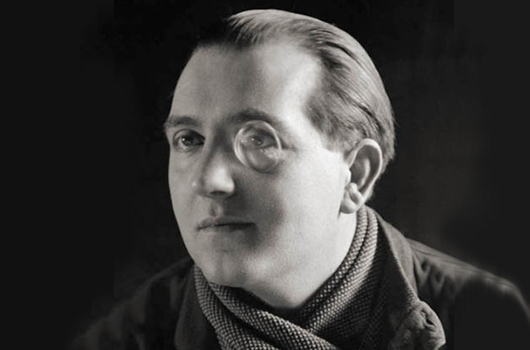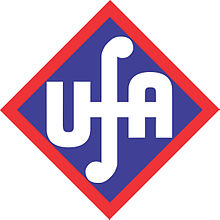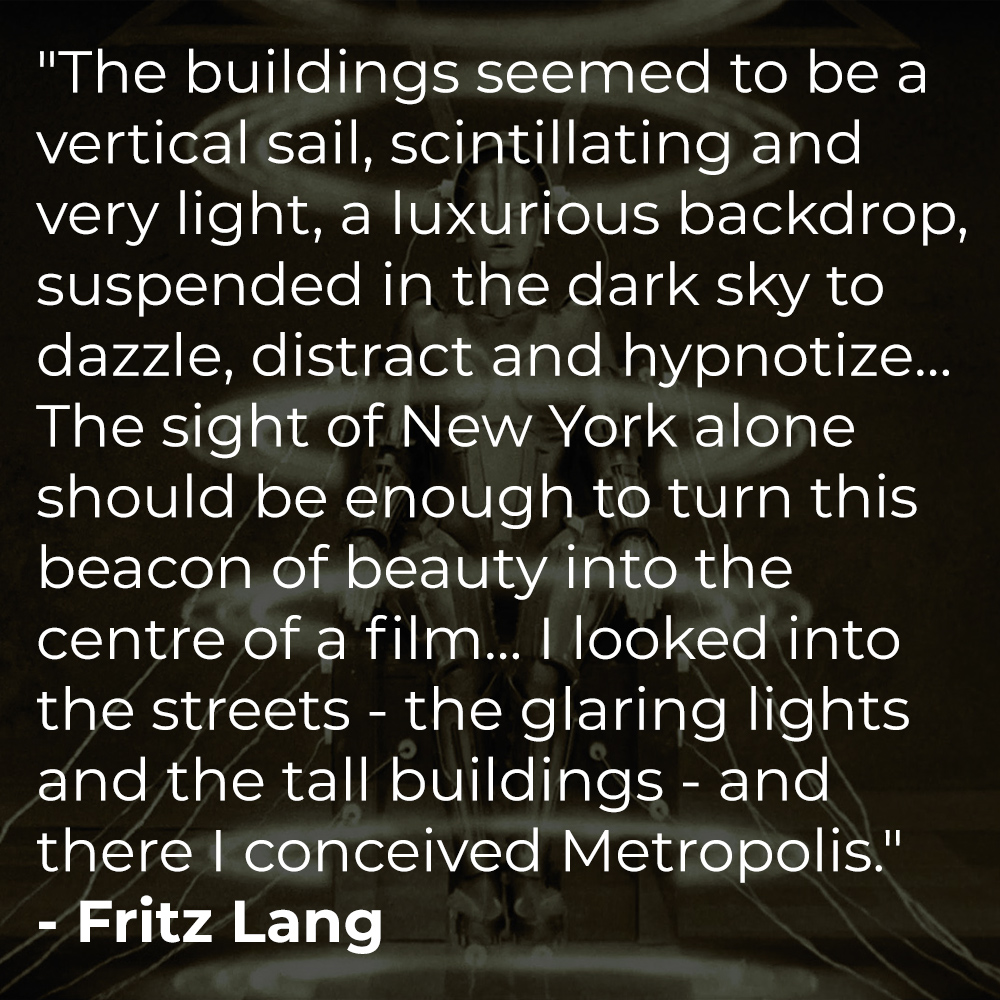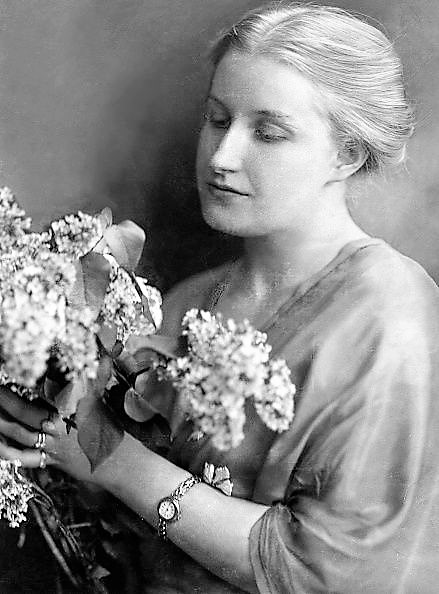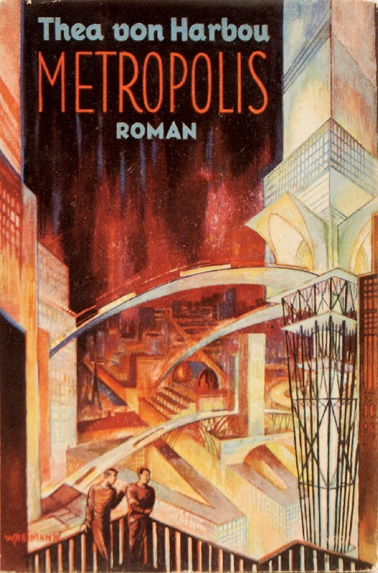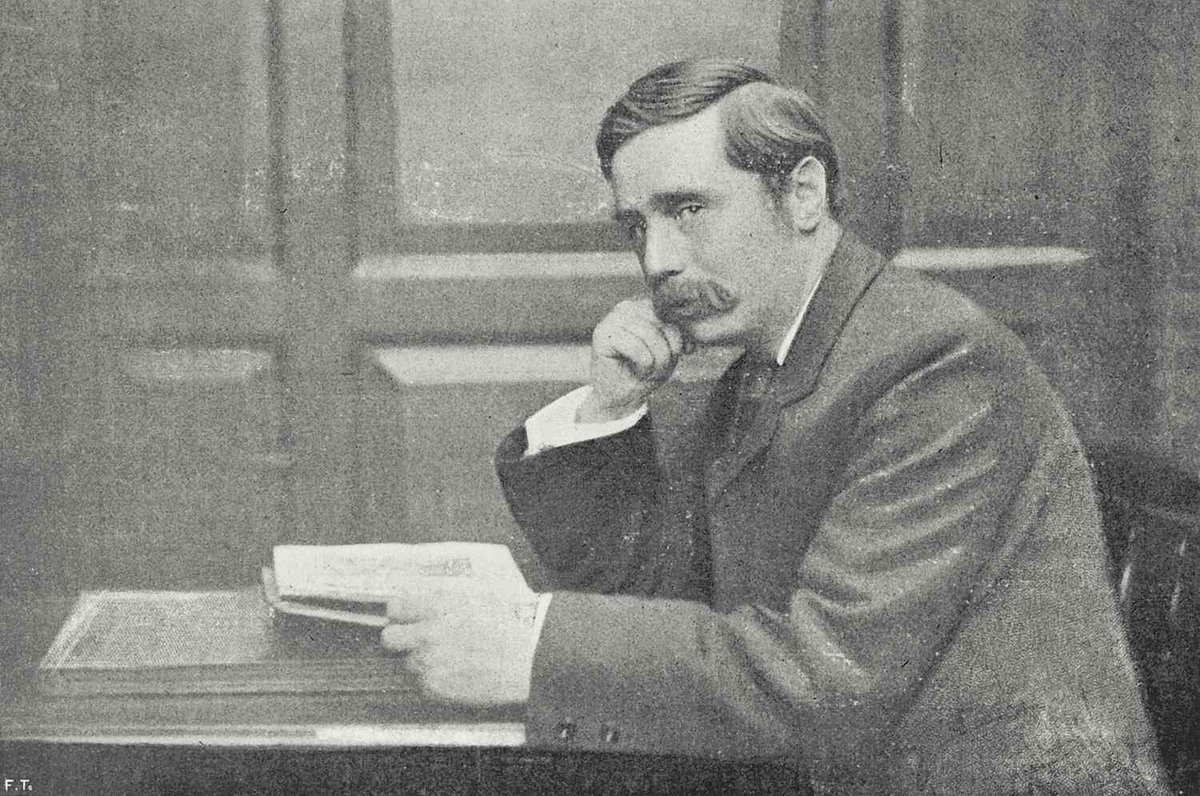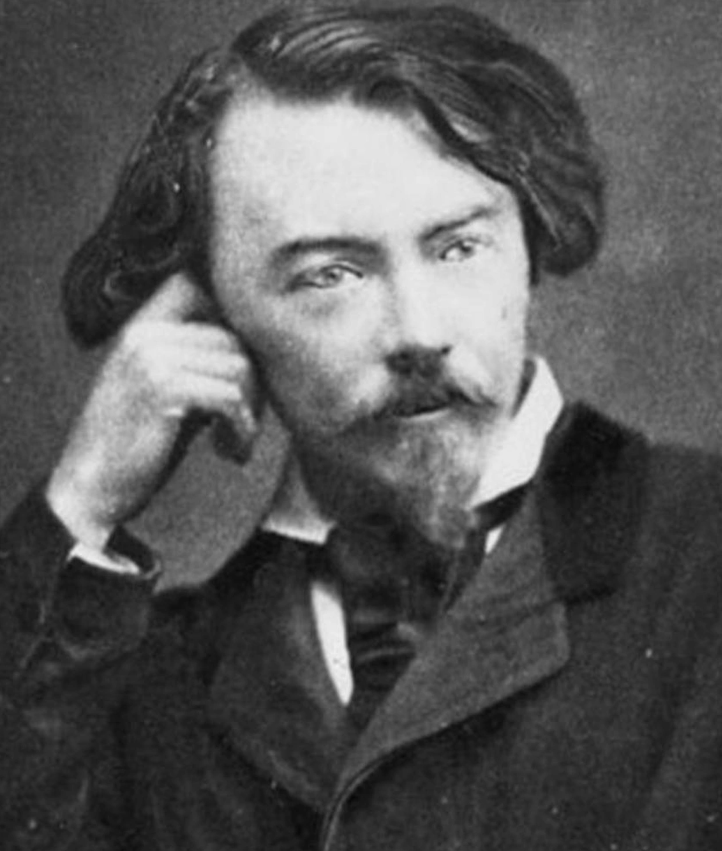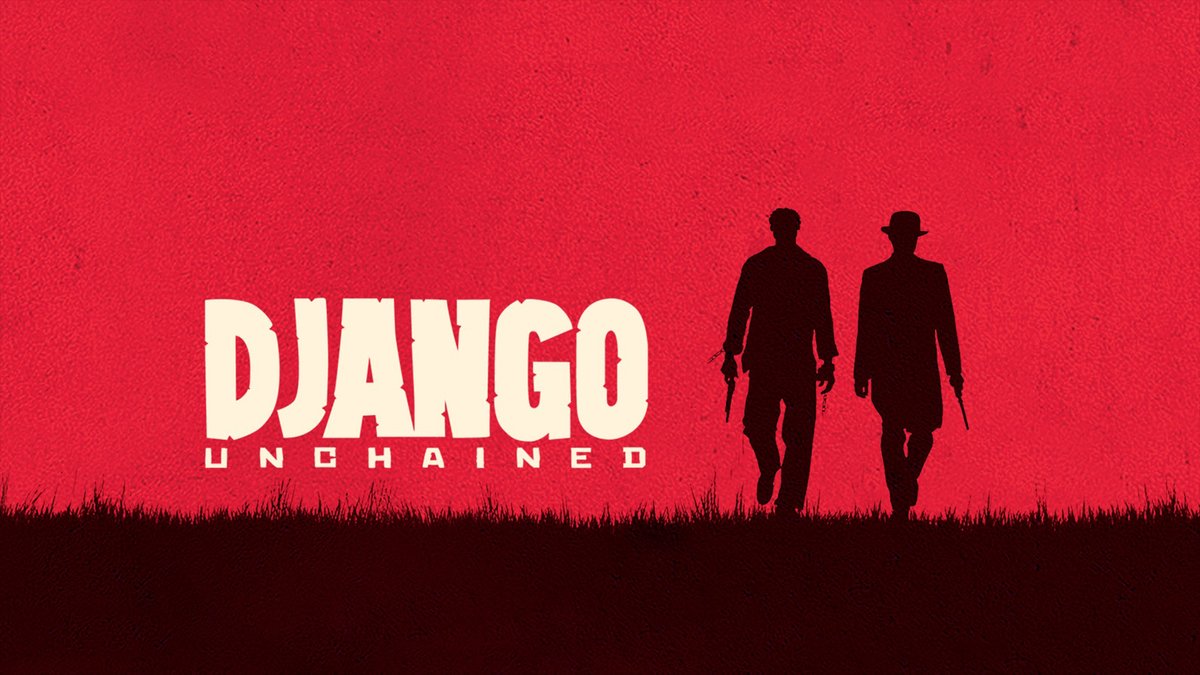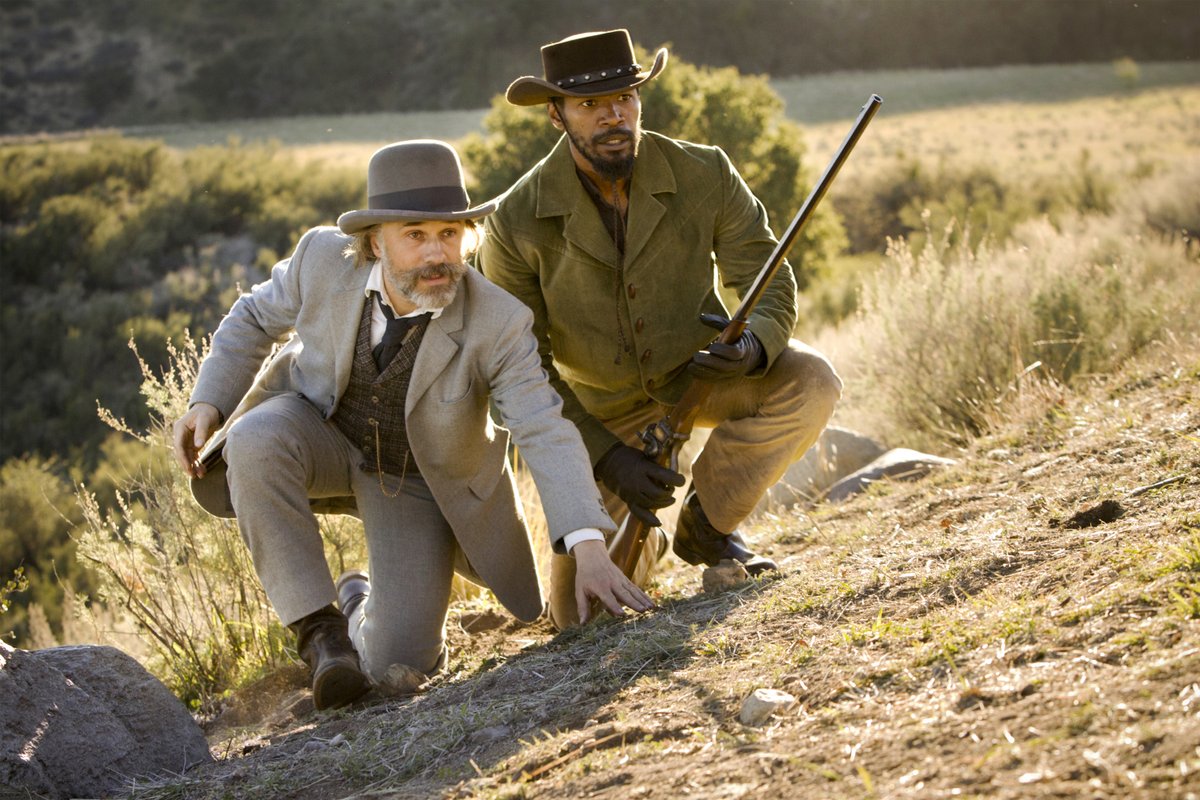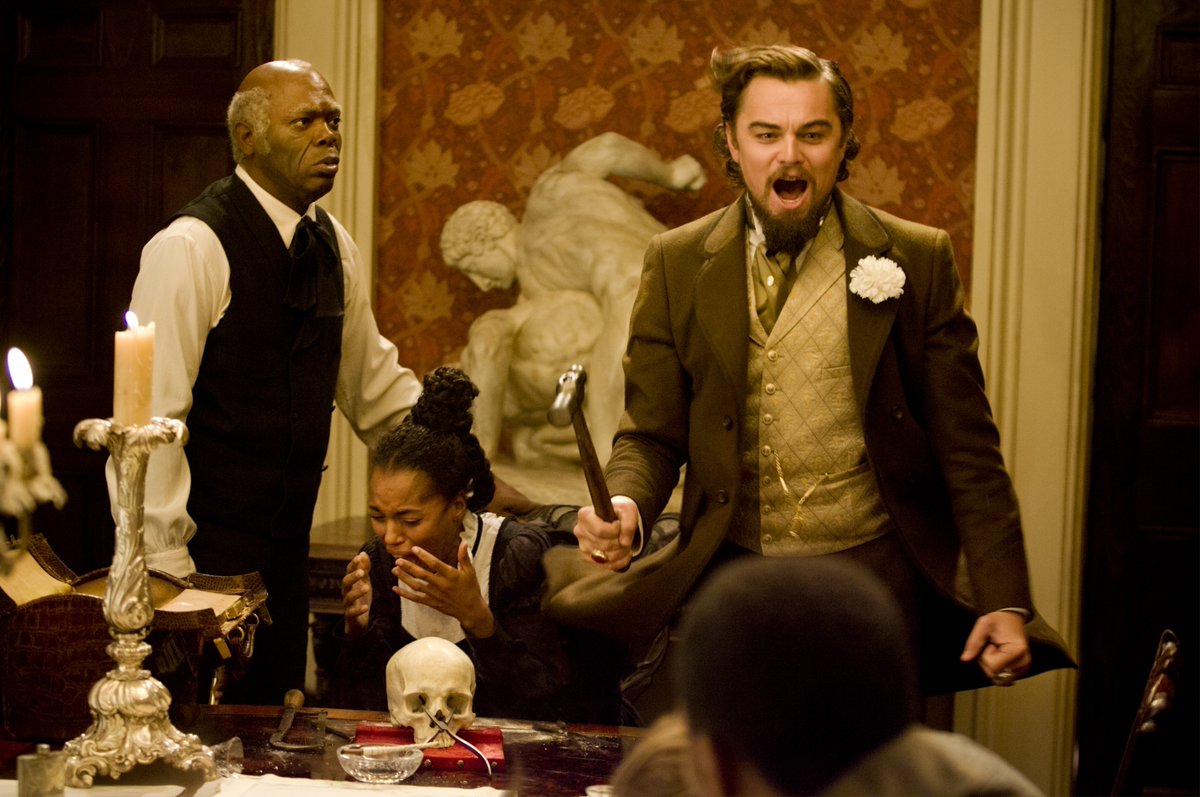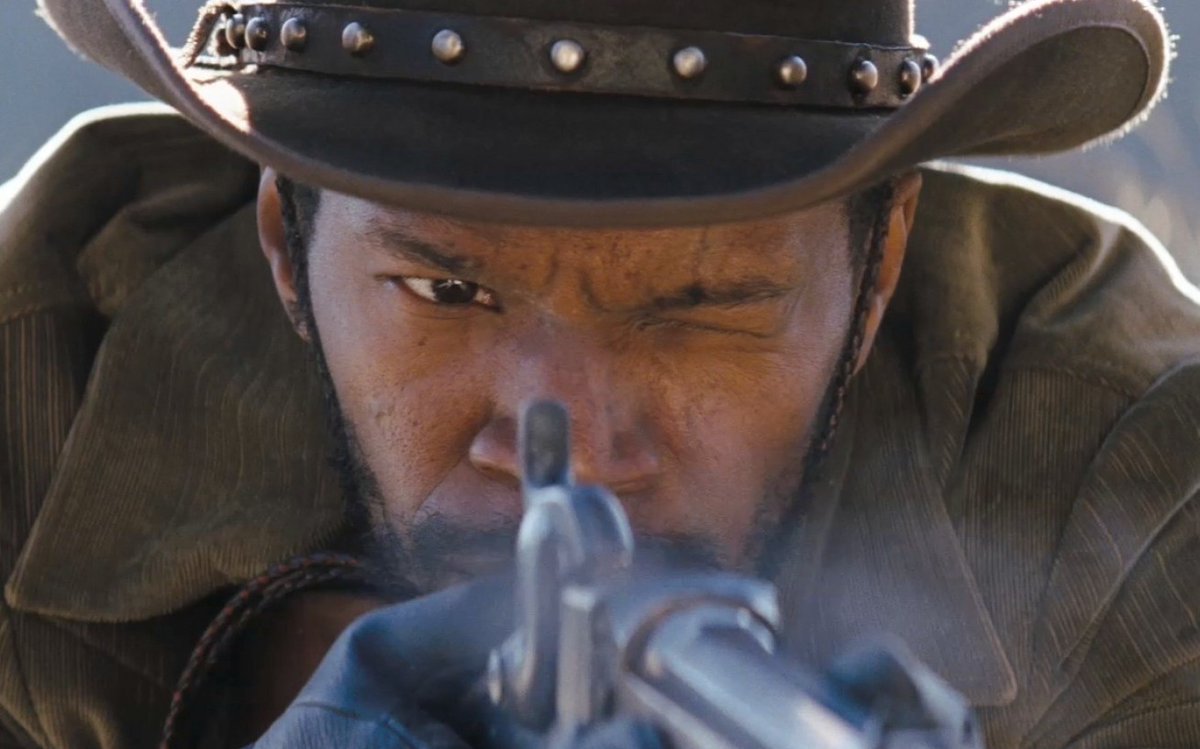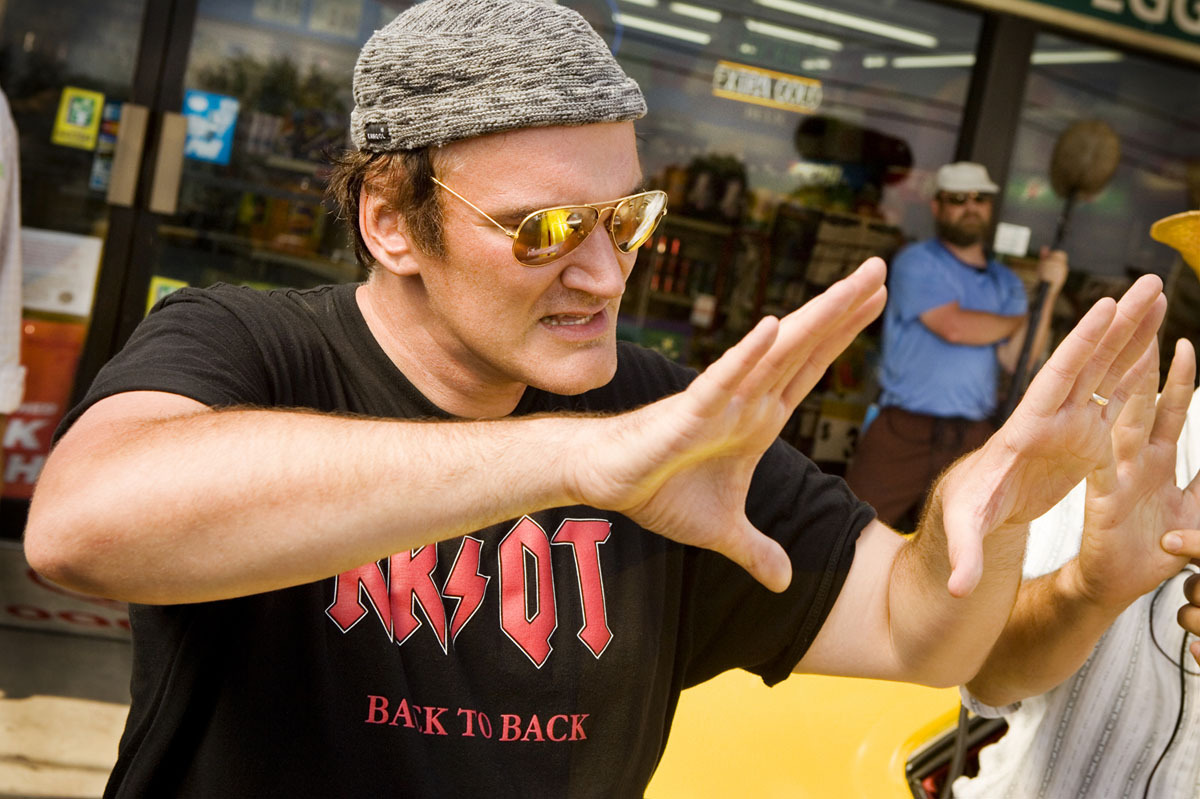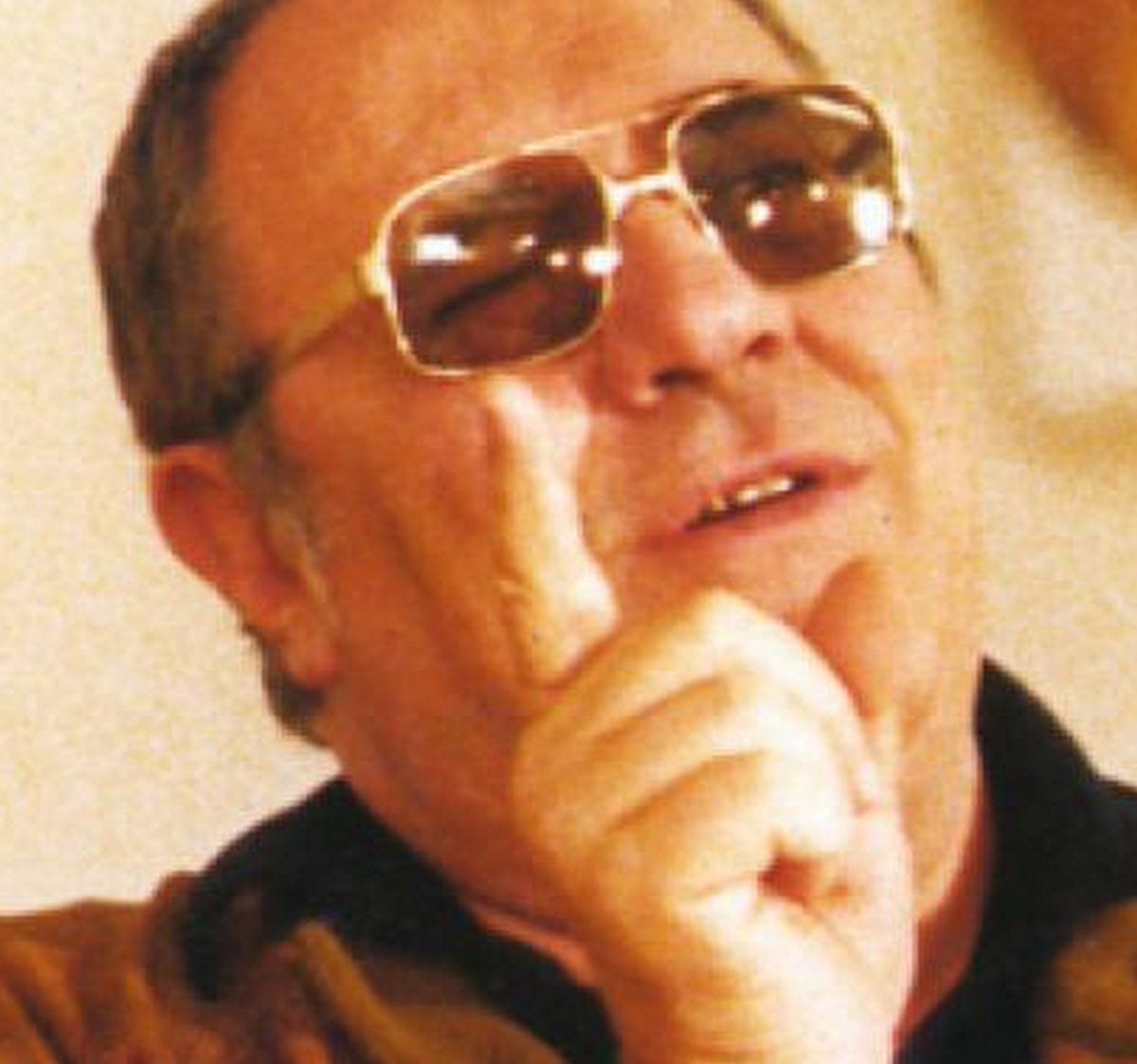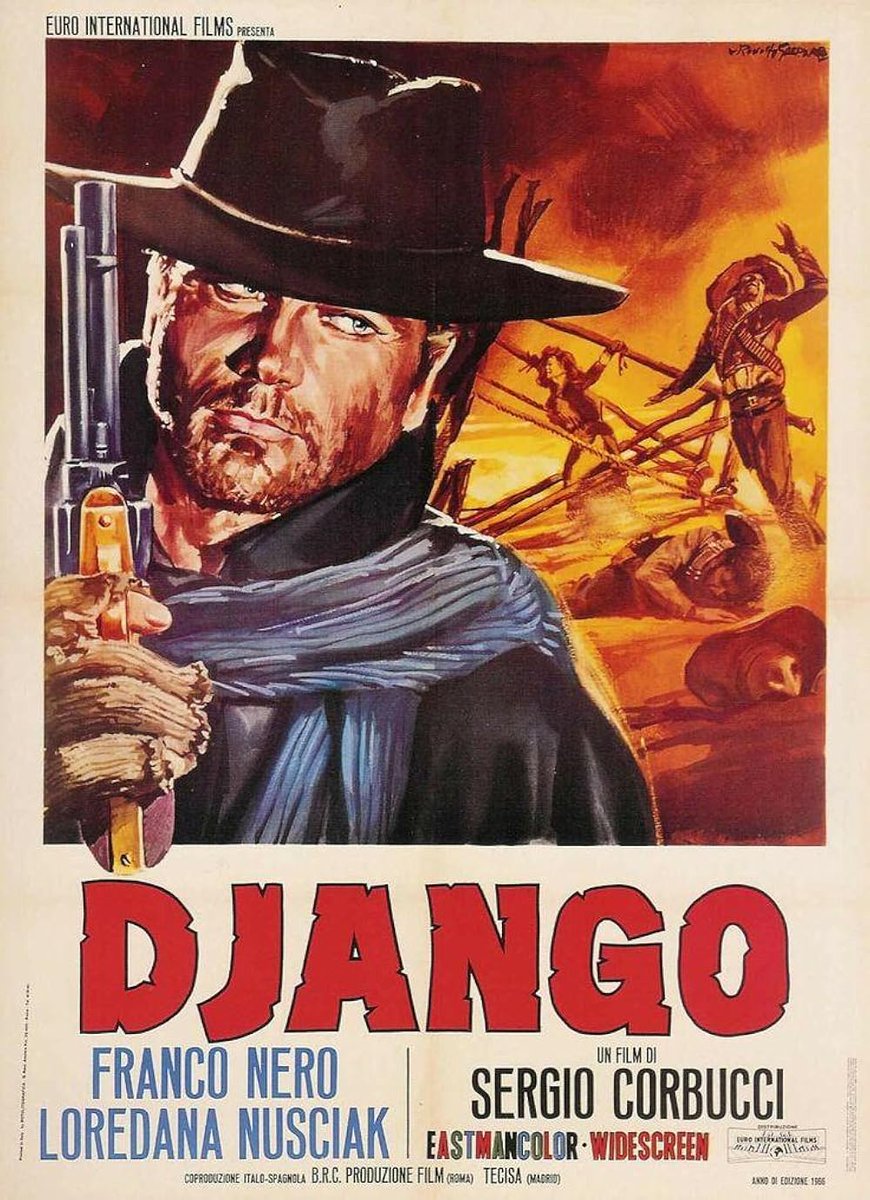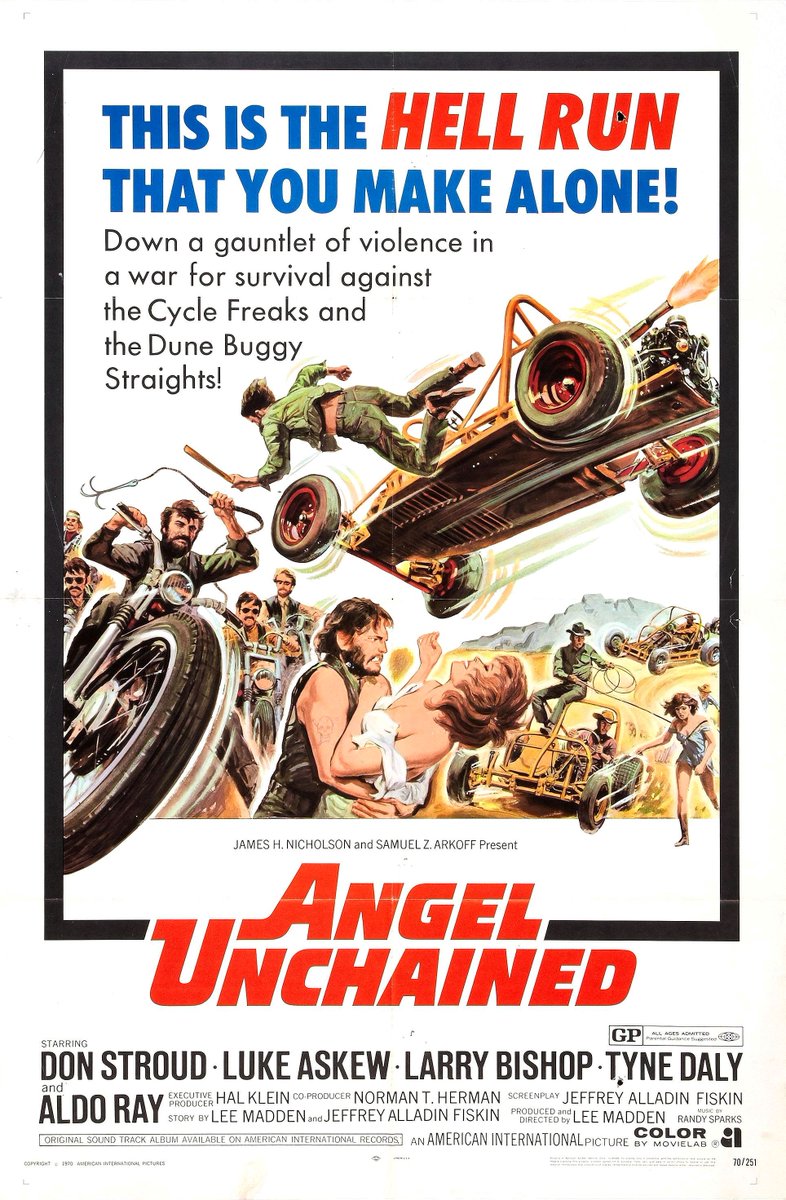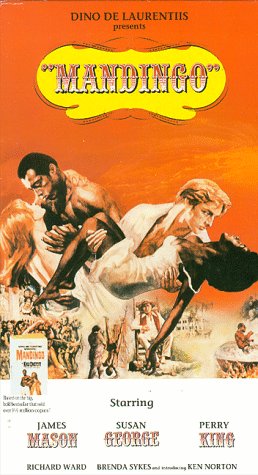ONE HUNDRED AND ONE DALMATIANS was released 63 years ago this week. One of Disney Animation Studios’ most famous, enduring, and beloved films, the making of story is almost as shocking as Cruella de Vil…
1/34




1/34




In 1956, English novelist Dodie Smith’s The Hundred and One Dalmatians was published. A children’s book about the kidnapping of a family of puppies, it was serialised in Woman’s Day as The Great Dog Robbery. When it became a huge success, Hollywood began to take notice.
2/34



2/34



4-time Oscar-winning screenwriter Charles Brackett read the book and brought it to the attention of Walt Disney. He loved it and within a few months had bought the movie rights for $25k, and lined it up to be the next big Disney release after Sleeping Beauty.
3/34


3/34


Disney handed writing duties to in-house story artist Bill Peet, marking the first time one person had taken sole responsibility for writing a Disney screenplay. An illustrator by trade, Peet had never used a typewriter and delivered his first draft entirely handwritten.
4/34


4/34

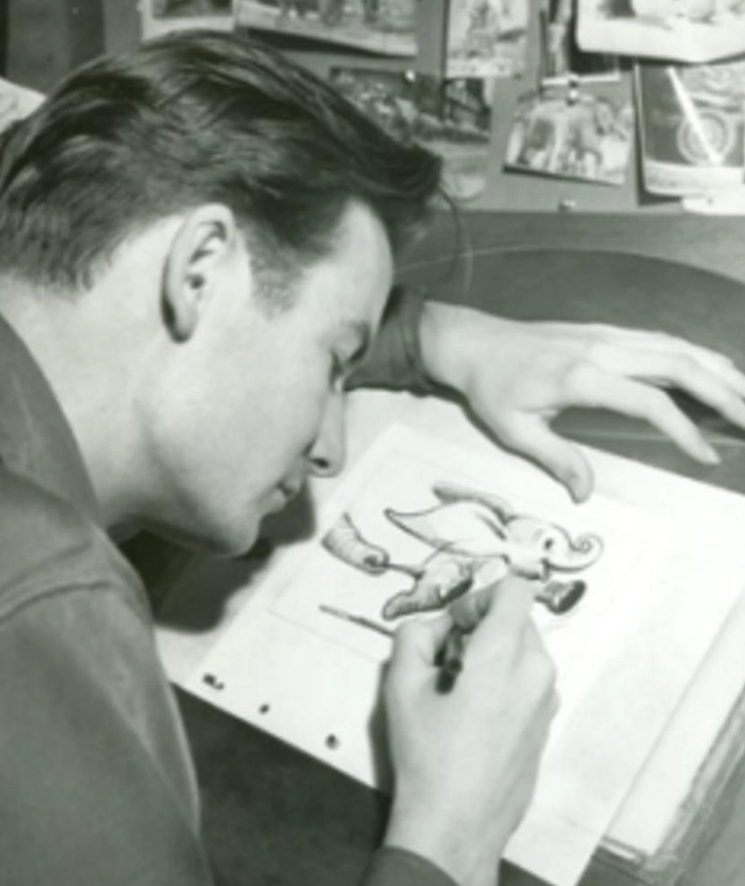
By the time Peet’s script was ready to go into production, Sleeping Beauty had been released and flopped. Needing a hit quickly, Disney promoted one of their legendary Nine Old Men animators, Wolfgang Reitherman, into the director’s seat.
5/34



5/34



English actress Lisa Davis came in to read for the part of antagonist Cruella De Vil but at the audition decided she wasn’t right for it. She asked to read again as (human) female lead Anita Radcliffe and was hired.
6/34




6/34




A few months earlier, Disney had seen a Broadway production of Camelot, starring Julie Andrews. Hugely impressed, Disney had Anita’s face drawn to resemble Andrews. The live reference model for Anita was Helene Stanley, who had played the same role for Cinderella.
7/34



7/34



Ben Wright played Anita’s songwriting husband, Roger. And his singing voice was provided by playback singer Bill Lee, who had sang on South Pacific and would later provide the singing voice of Captain Von Trapp in The Sound of Music.
8/34




8/34




British actress Lisa Daniels was hired to provide the voice of the dalmatians’ mother, Perdita. Halfway through production she had to pull out as she got married and moved to New York. She was replaced by voice artist Cate Bauer.
9/34



9/34

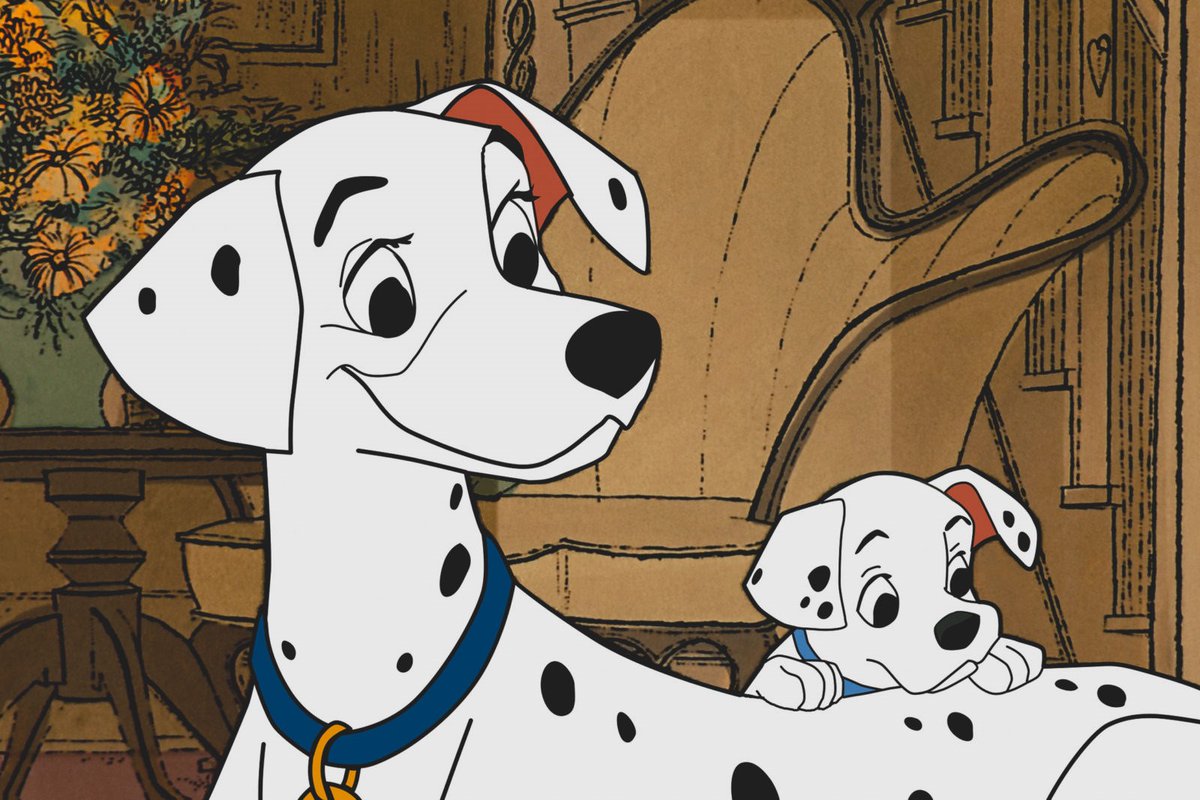

They deliberately cast actors with deeper voices for the roles of dogs, than for the human parts, so they would have more power than the human characters. Rod Taylor, who a lot of radio experience, was cast as the puppies’ father, Pongo.
10/34


10/34


Betty Lou Gerson had previously narrated Cinderella and auditioned for the role of Cruella De Vil in front of Marc Davis (who animated Cruella) and Reitherman. They were knocked out and she landed the role there and then.
11/34


11/34
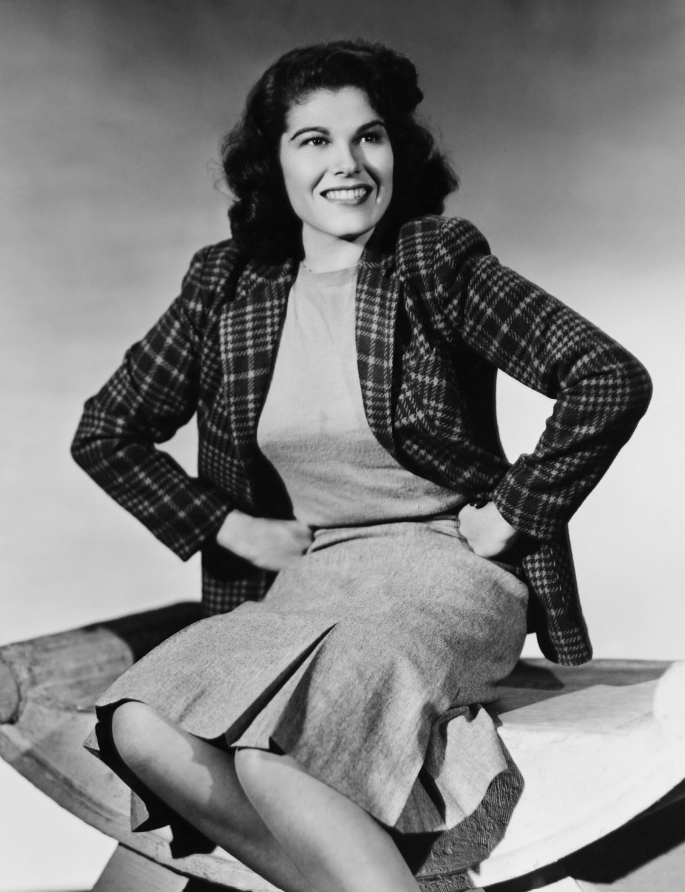

Gerson later said that while searching for the right accent, she stumbled upon a "phony theatrical voice, someone who's set sail from New York but hasn't quite reached England." The live-action model for Cruella was Mary Wickes.
12/34



12/34



The look of Cruella was inspired partly by Zsa Zsa Gabor, known for wearing fur coats. Other reported influences include Tallulah Bankhead, Bette Davis, and Rosalind Russell.
13/34




13/34




Marc Davis’ primary inspiration when animating Cruella though, was Betty Lou Gerson herself. Davis said Gerson’s voice made Cruella "bigger than life, high in energy, and, like a shark, always moving".
14/34



14/34



There was another Disney voiceover expert on the film too. The dog barks for the film were provided by Clarence Nash, better known as the voice of Donald Duck.
15/34


15/34


Original author Dodie Smith was actually a dalmatian owner herself. She had 9, including one named Pongo. She reportedly got the idea for the novel when a visiting friend saw all the dogs and said "Those dogs would make a lovely fur coat." She had dalmatians her whole life.
16/34

16/34


In the book, Pongo’s mate is called Missis. Perdita is the Italian word for ‘loss’ and, in the book, she's a separate stray taken in by the family. Disney preferred Perdita as the name of the mother dalmatian so changed it.
17/34


17/34


In the film, the owners are Roger and Anita. In the book, they're simply Mr. and Mrs. Dearly. And also in the book, Roger is not a struggling composer but a financial wizard legend who helped wipe out Britain's national debt.
18/34




18/34




While writing, Bill Peet kept in contact with Dodie Smith and sent through sketches of the characters as he drew them. She wrote him back saying he had improved the story and his designs were better than the book illustrations.
19/34




19/34

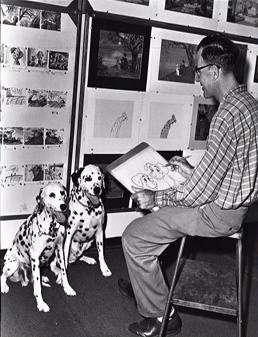


After the commercial failure of Sleeping Beauty, Disney were keen on cutting costs. The inking team was reduced from the regular 500 to less than 100. And most significantly, this was the first time Disney implemented Xerography.
20/34




20/34




A Xerox camera was used to transfer drawings directly onto the animation cells, saving time and money. This was especially handy in recreating the 101 spotty dalmatians and allowed the film to be brought in at half the cost.
21/34


21/34


An effect of the Xerox process was that it gave the scratchy, outlined look of the film (which was also inspired by British illustrator Ronald Searle). This proved so popular that Disney movies followed that style for the next 15 or so years.
22/34




22/34




The vehicles in the movie are live-action models painted white with black lines. Each frame of the vehicles in action was Xeroxed onto cells like the characters. This became standard procedure until CGI came along in the 1980s.
23/34




23/34



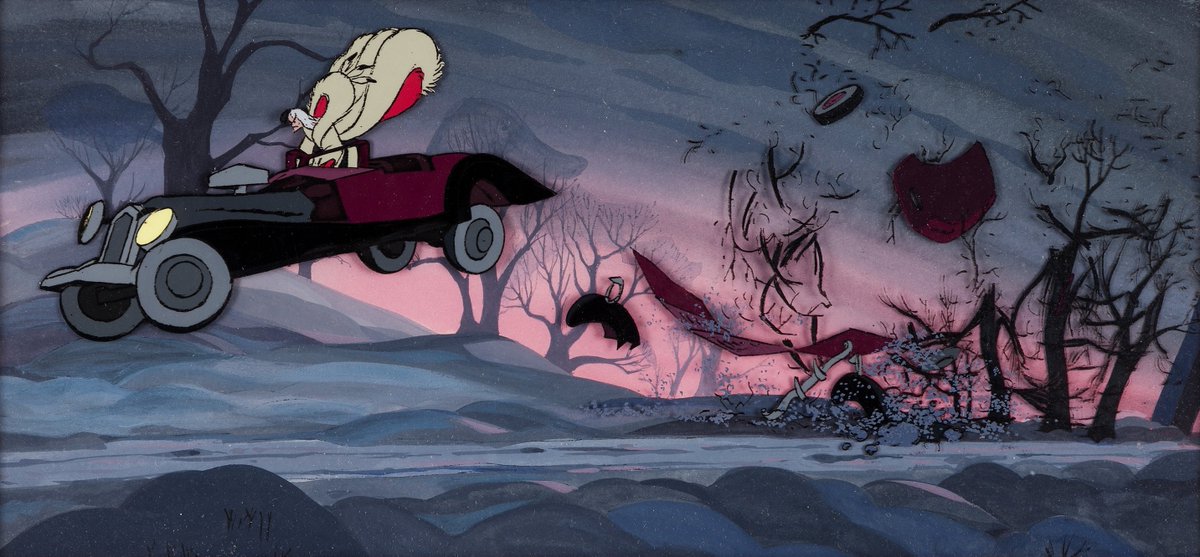
In creating the animations, 800 gallons of paint weigh almost 5 tonnes was used - enough to cover almost 20 football fields. On top of this, almost 1000 new shades of colours were invented for the film.
24/34


24/34


The dalmatians may look white with black spots, but they aren’t - they’re a very light grey. White proved to be too bright on the screen, and proved to be too difficult to see within all of the snow-set scenes.
25/34



25/34
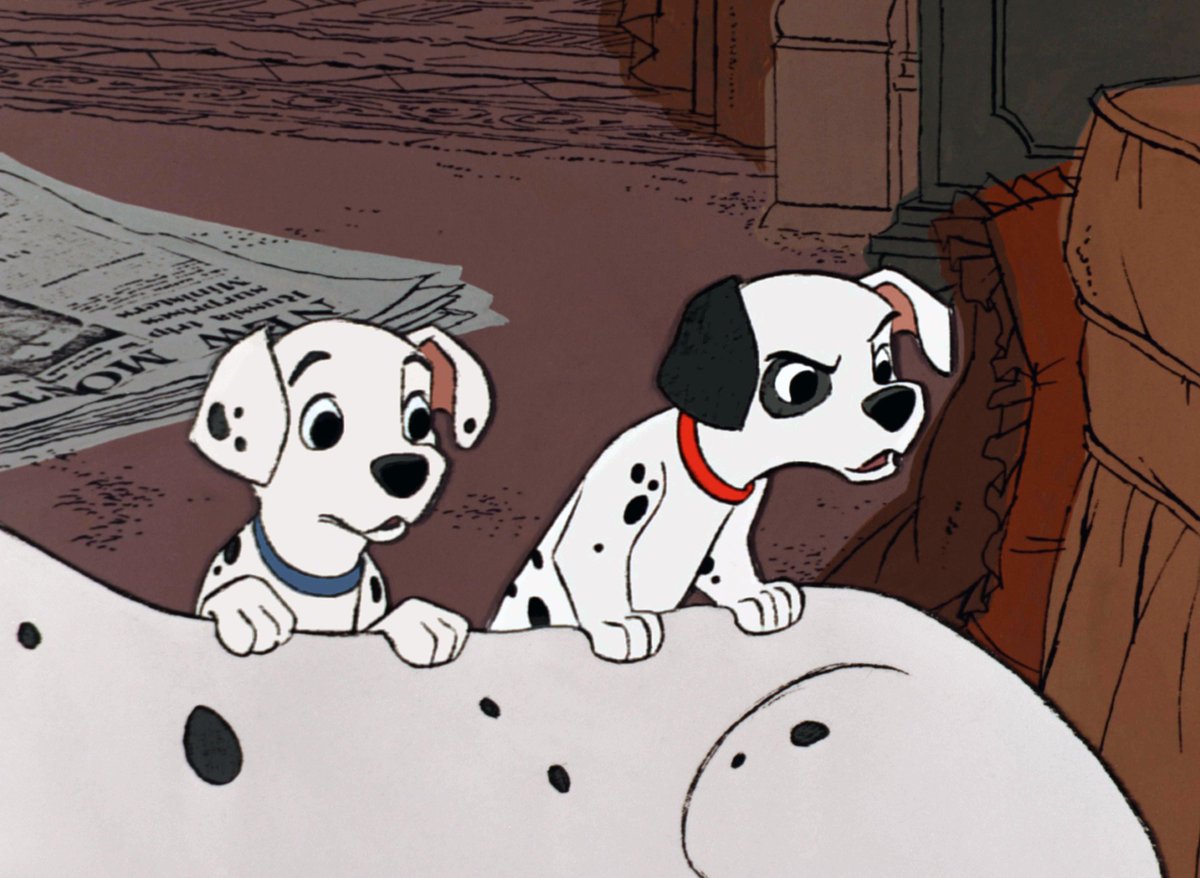


Long time Disney collaborator Mel Leven composed the music for the film including its most famous piece, Cruella De Vil. He also wrote Don't Buy a Parrot from a Sailor, a cockney chant to be sung by Jasper and Horace, bit it was dropped.
26/34


26/34

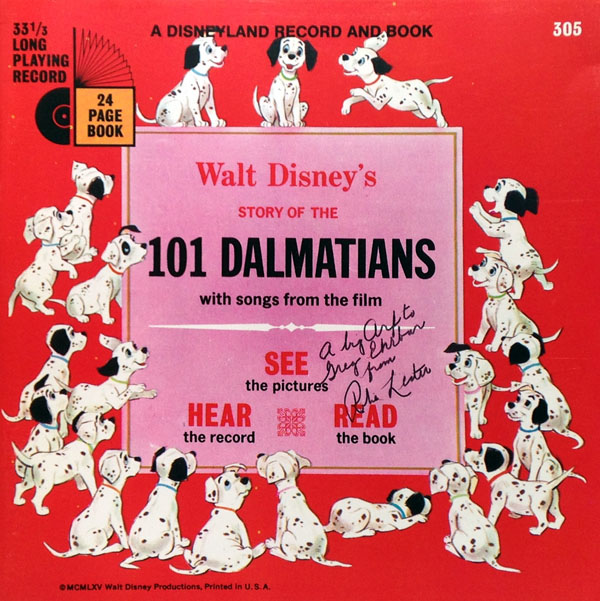
When the Baduns are talking on the phone to Cruella, they have a newspaper with the headline “Carlsen Speaks.” This refers to Henrik Kurt Carlsen, whose ship the Flying Enterprise sank in 1952. It was the news event of the year.
27/34



27/34

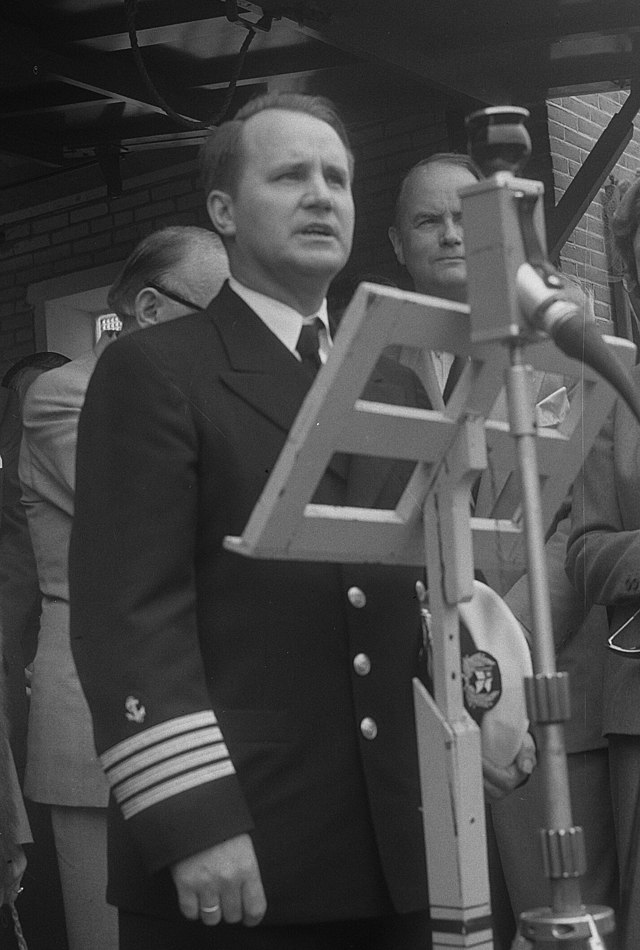

The Twilight Bark scene features a very small cameo from characters from Lady and the Tramp. Jock, Peg, Bull, Lady, and the Tramp are all seen in silhouette. (Disney animation later called their newsletter The Twilight Bark).
28/34


28/34
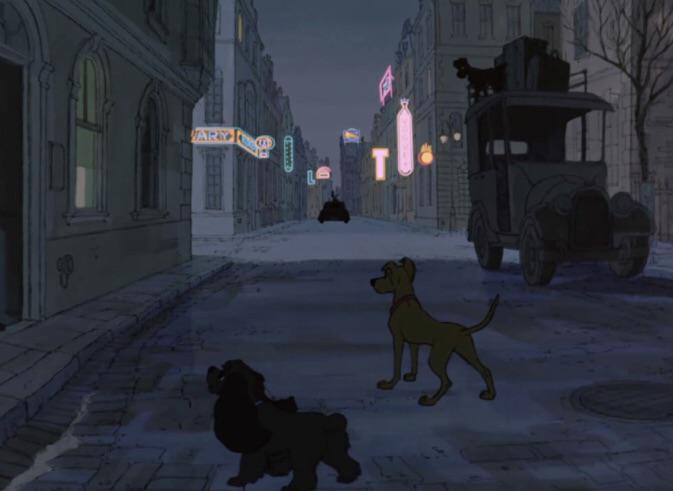
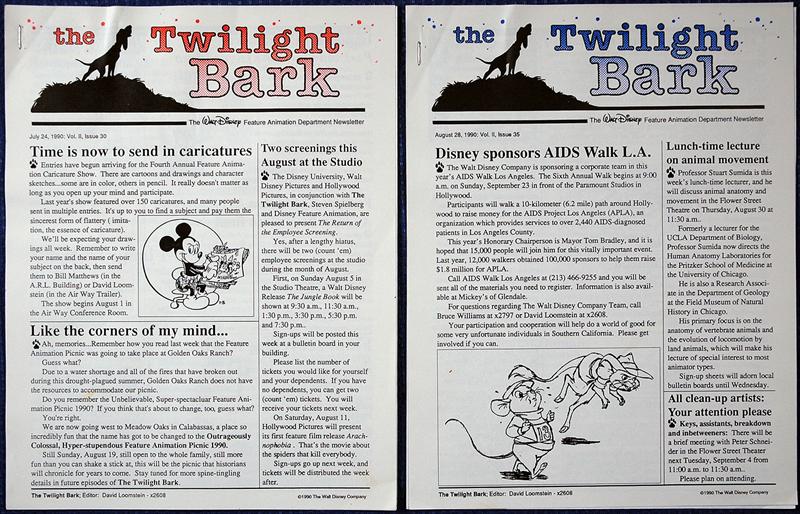
As is often the case in Disney animations, there are some hidden references to Mickey Mouse. We see him in the opening credits and he frequently pops up on the spots of the dalmatians.
29/34


29/34


The scene where the puppies suckle milk from some a herd of friendly cows brought some criticism at the time of release as it was thought to be highly inappropriate for a children's film.
30/34



30/34



In the scene where the puppies watch TV, Peet’s plan was to have them cheering wildly. Walt Disney said his grandson recently didn't look away from the television when he came to visit and Peet said 'Maybe he didn't know who you were.' Peet later said Disney 'didn't like that one damned bit.'
31/34


31/34



One Hundred and One Dalmatians won a BAFTA for Best Animated Film on its release and, in taking an enormous $102m from its $4m budget, it was the highest grossing animated film of all time. (Even he 1991 re-release was the 20th-highest-grossing film that year).
32/34




32/34


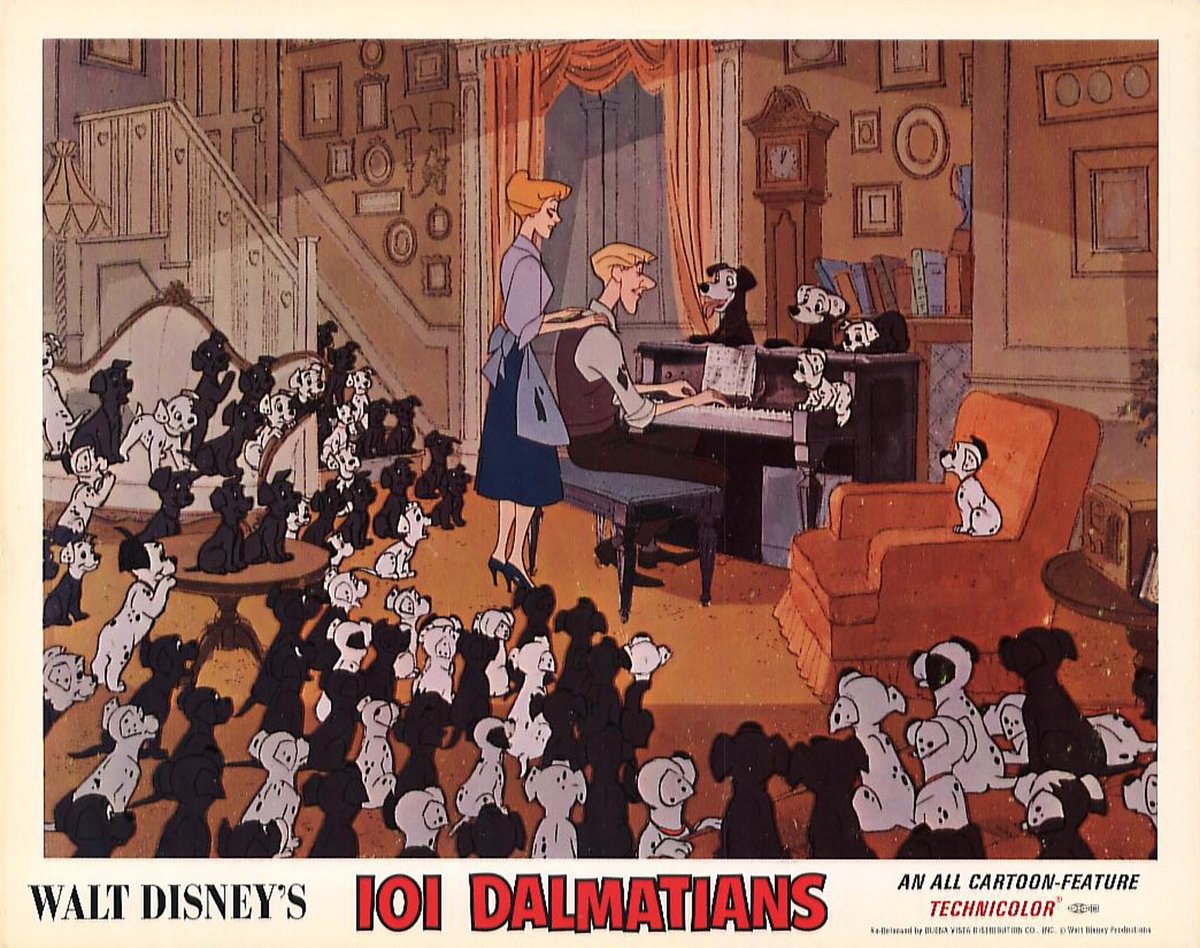

Over the decades, One Hundred and One Dalmatians has become one of the most famous titles in the Disney cannon and has spawned numerous follow-ons, prequels and TV spin offs.
33/34




33/34




Finally… some poor soul at Disney was tasked with counting all of the black spots that appear on the screen. There are (apparently) exactly 6,469,952 that appear across 113,760 frames.
34/34




34/34




If you liked our story on the making of ONE HUNDRED AND ONE DALMATIANS, please share the opening post😃
https://x.com/ATRightMovies/status/1753407871306416205?s=20
• • •
Missing some Tweet in this thread? You can try to
force a refresh


